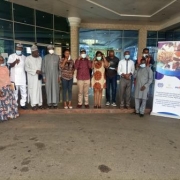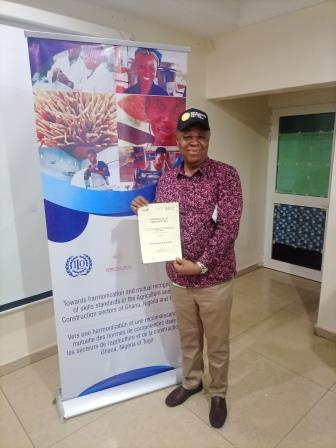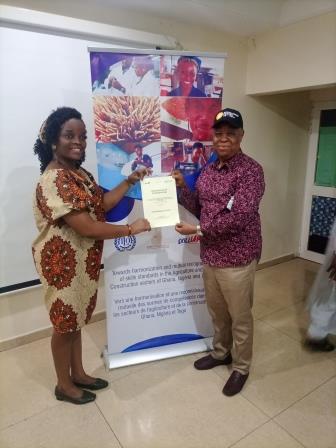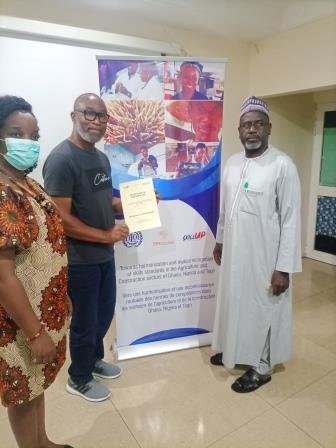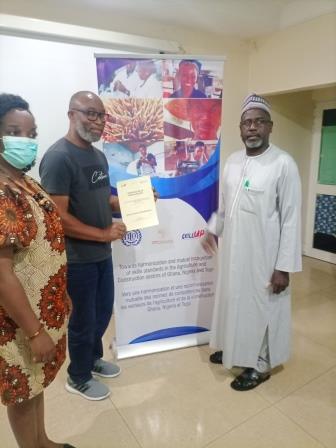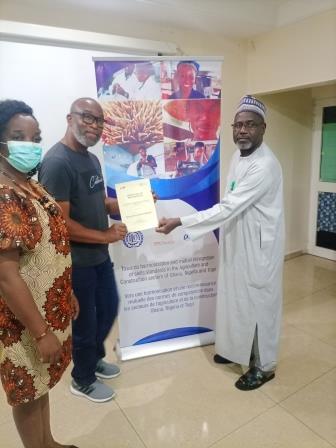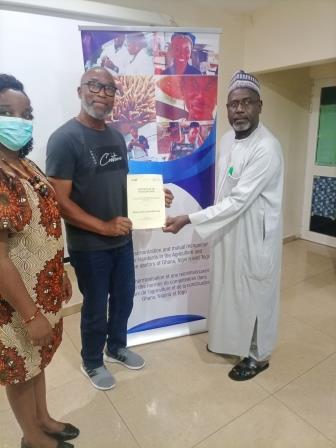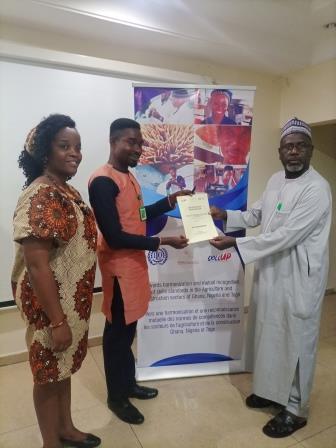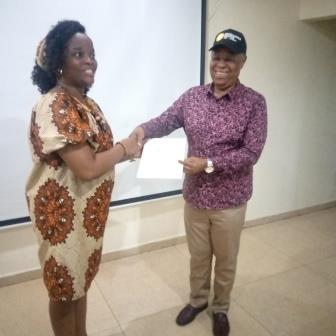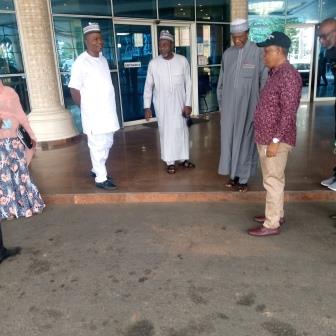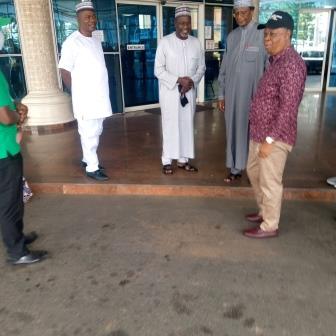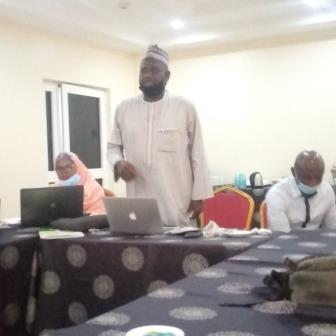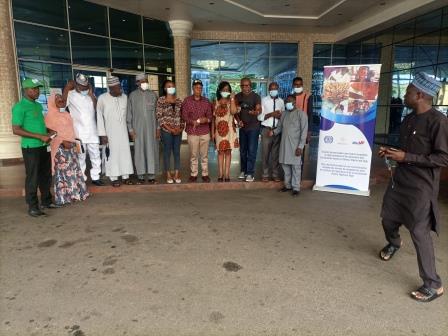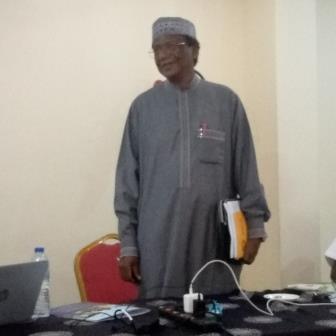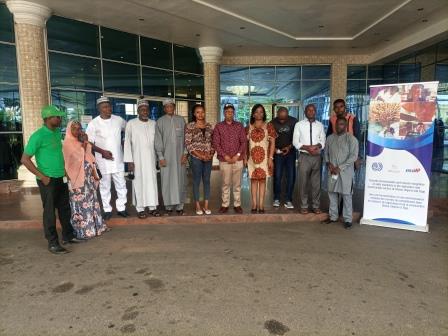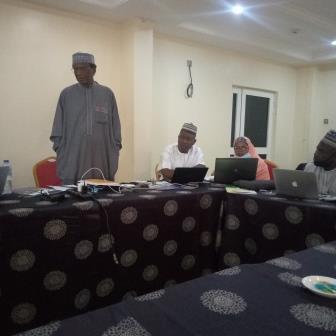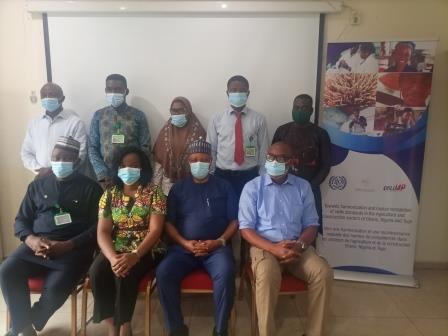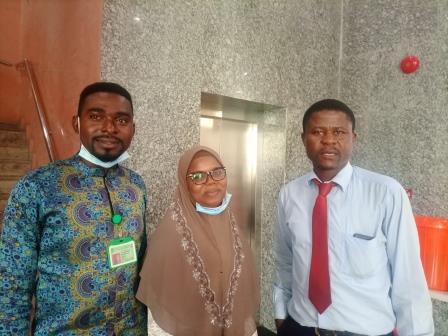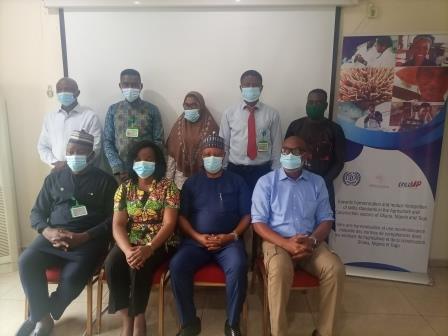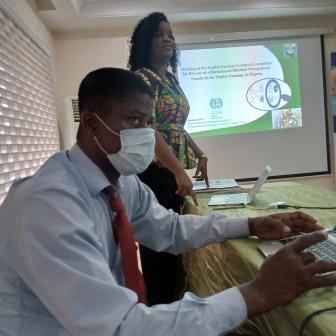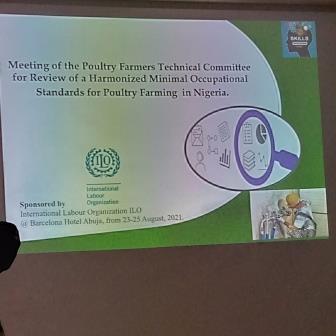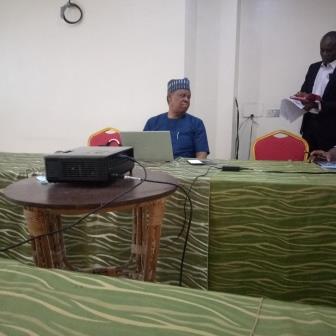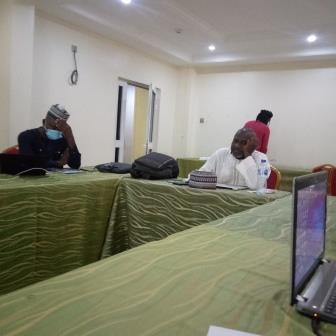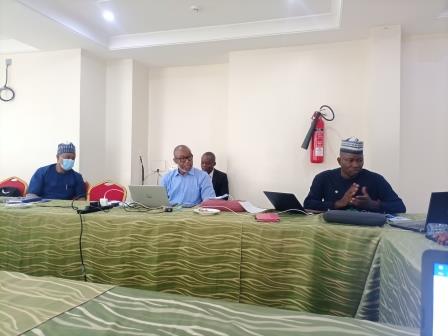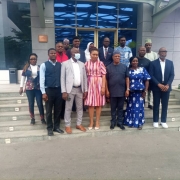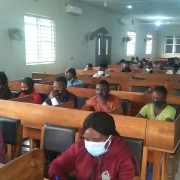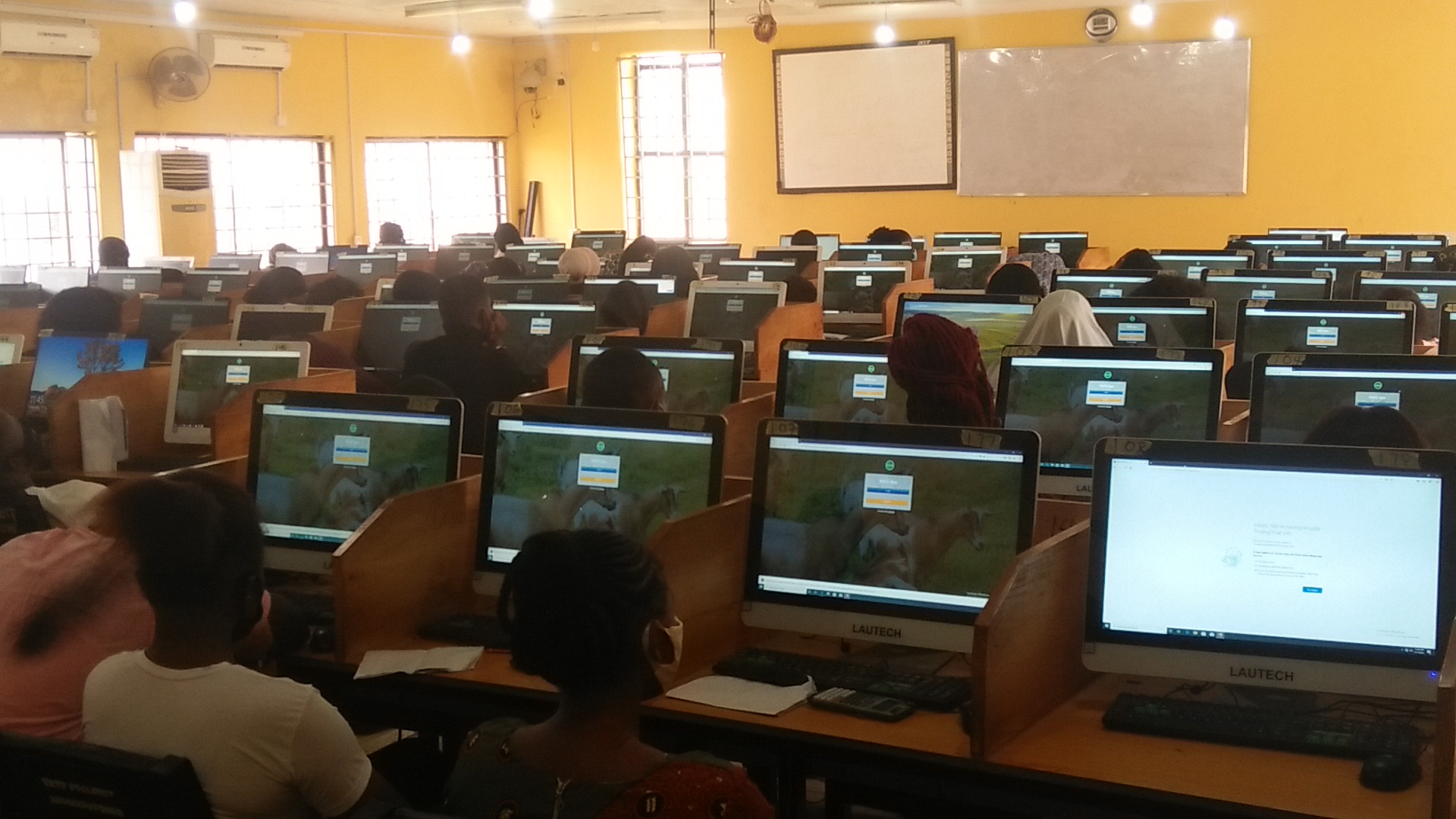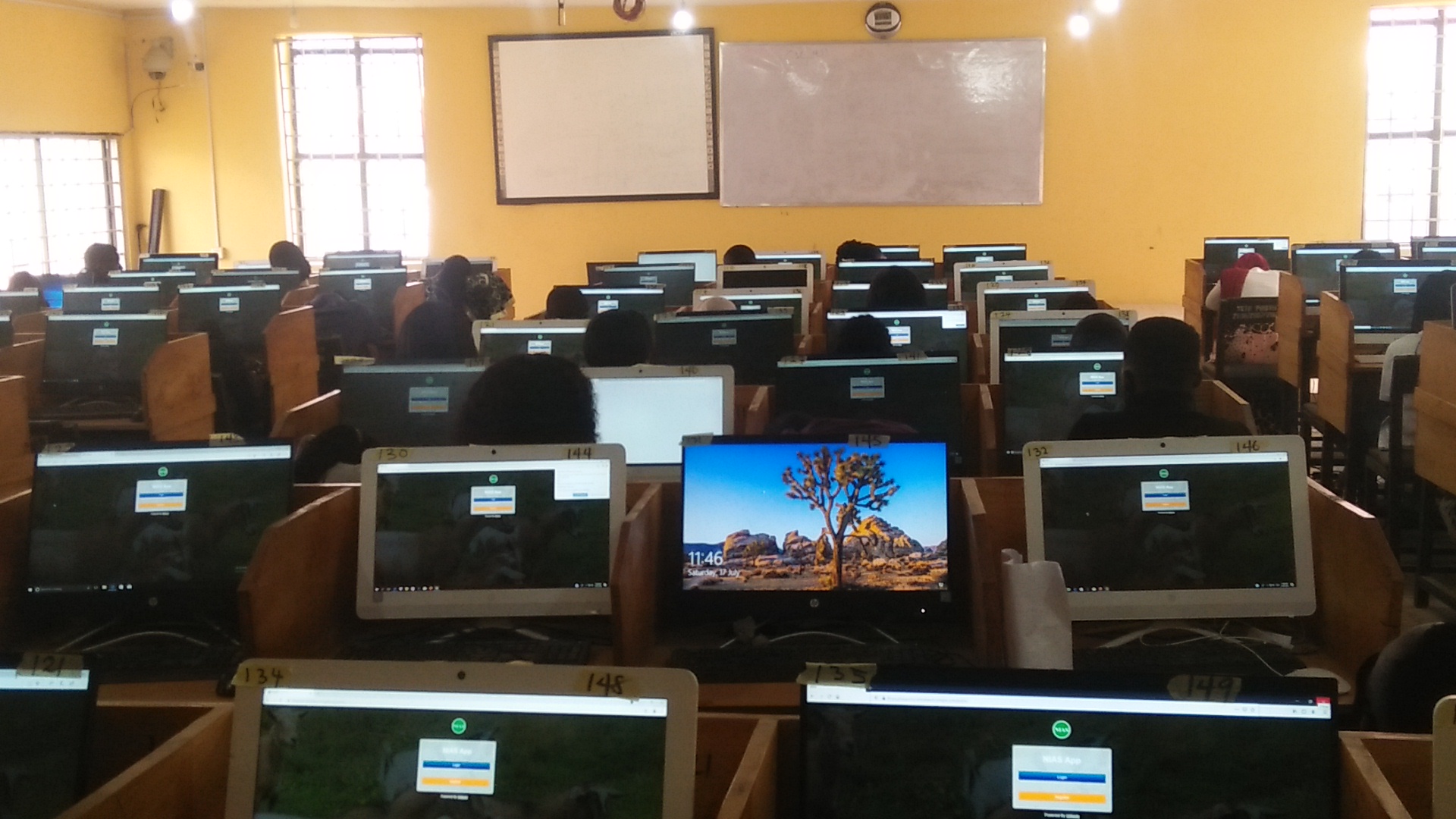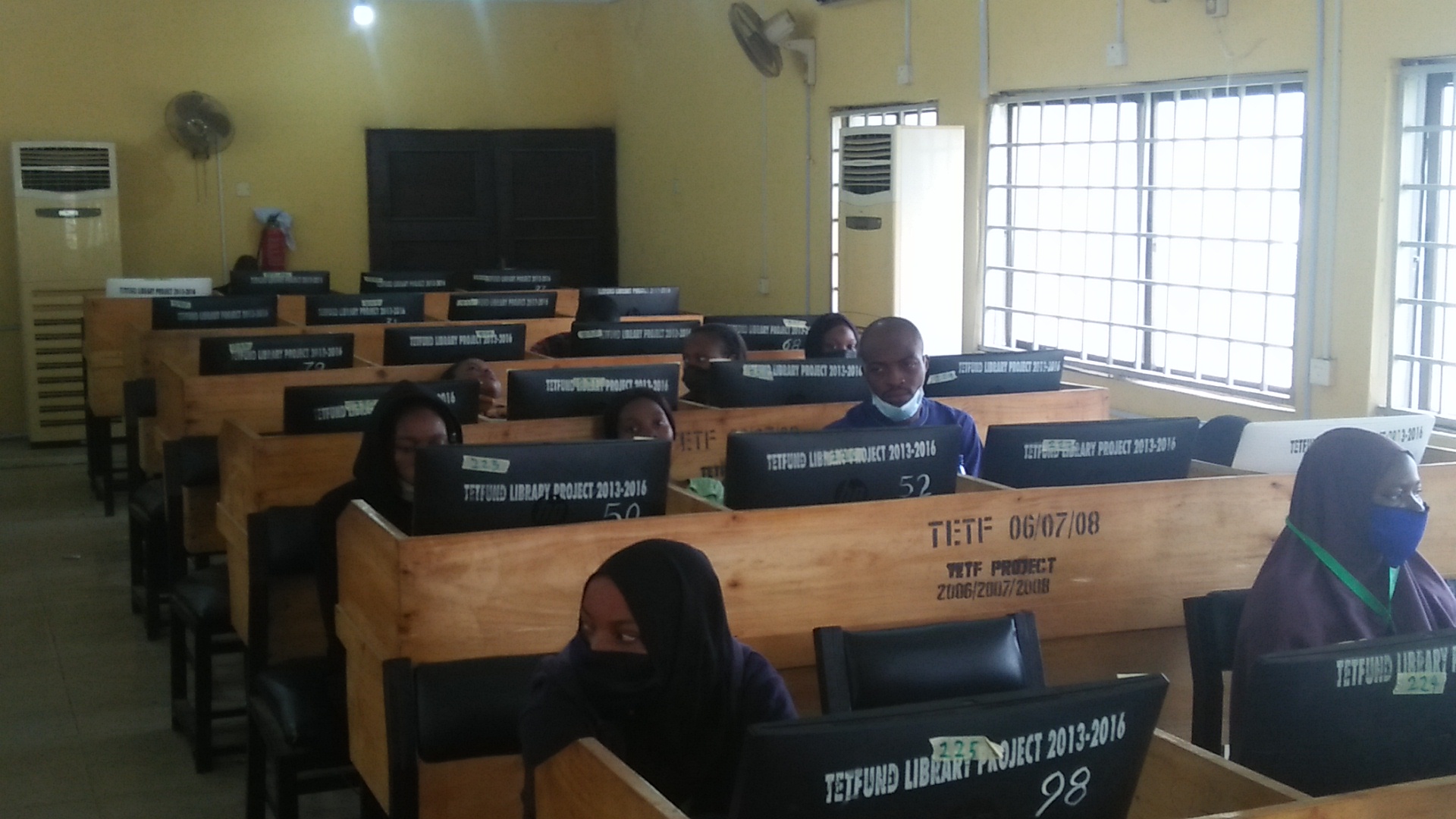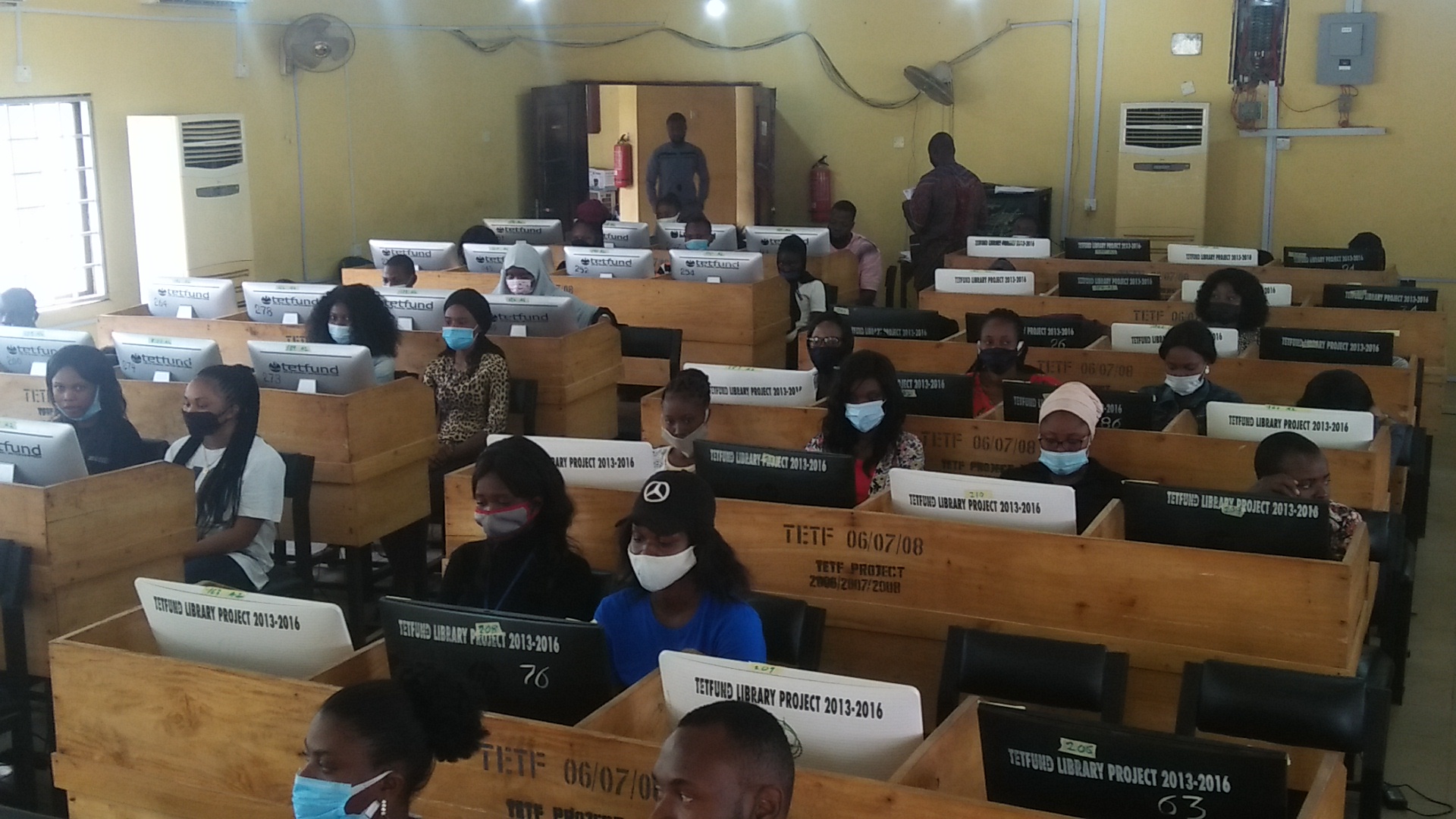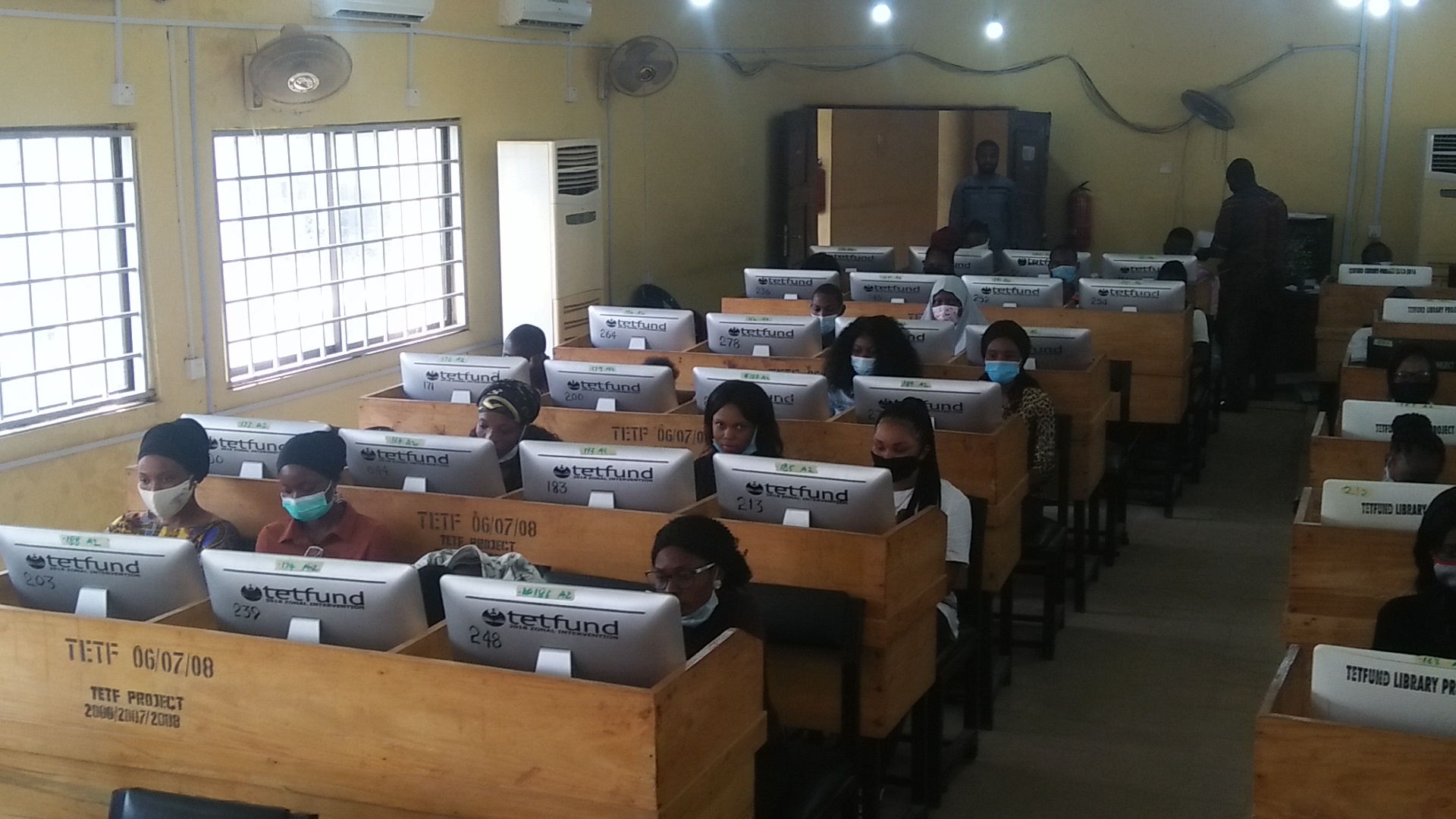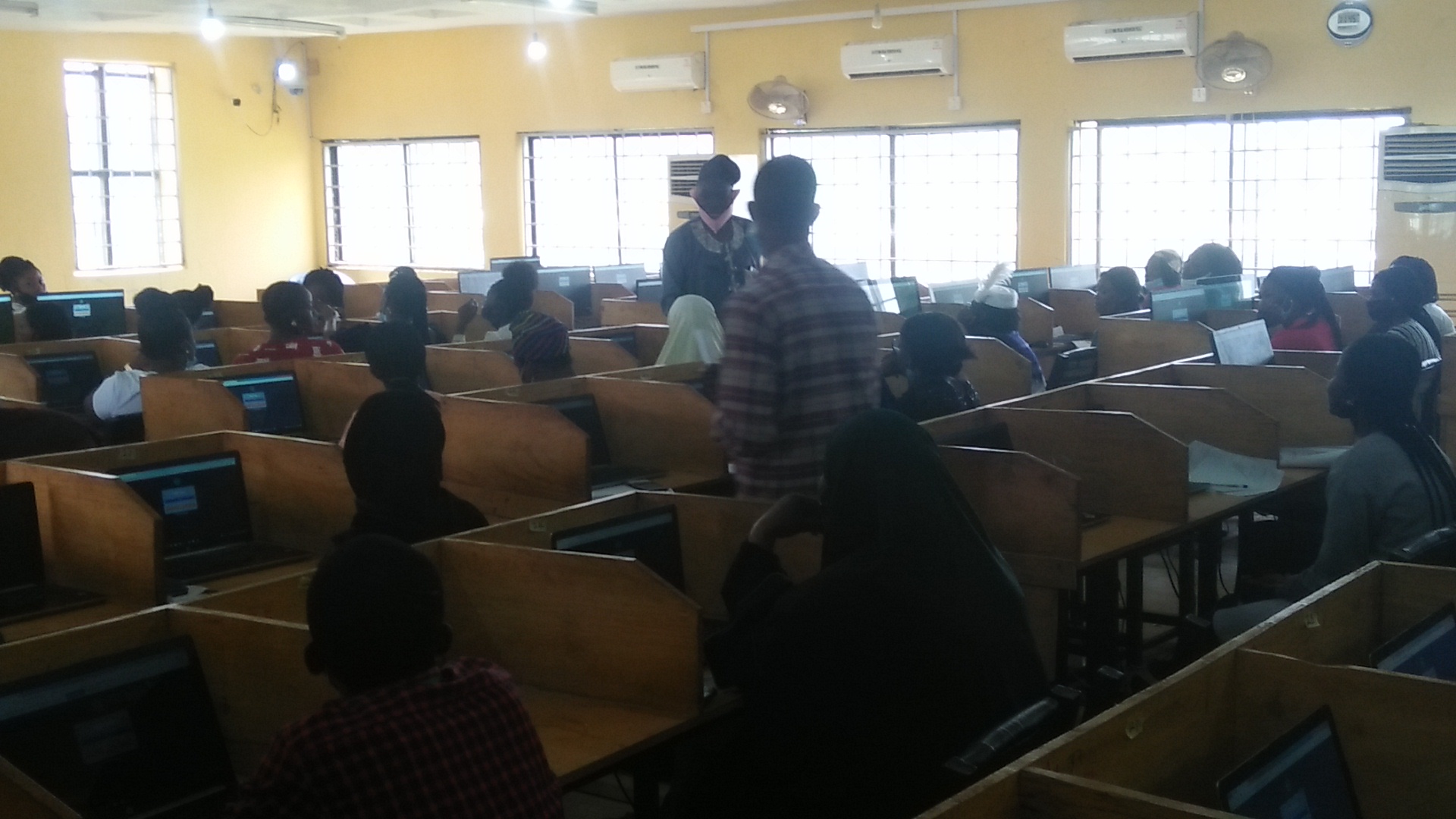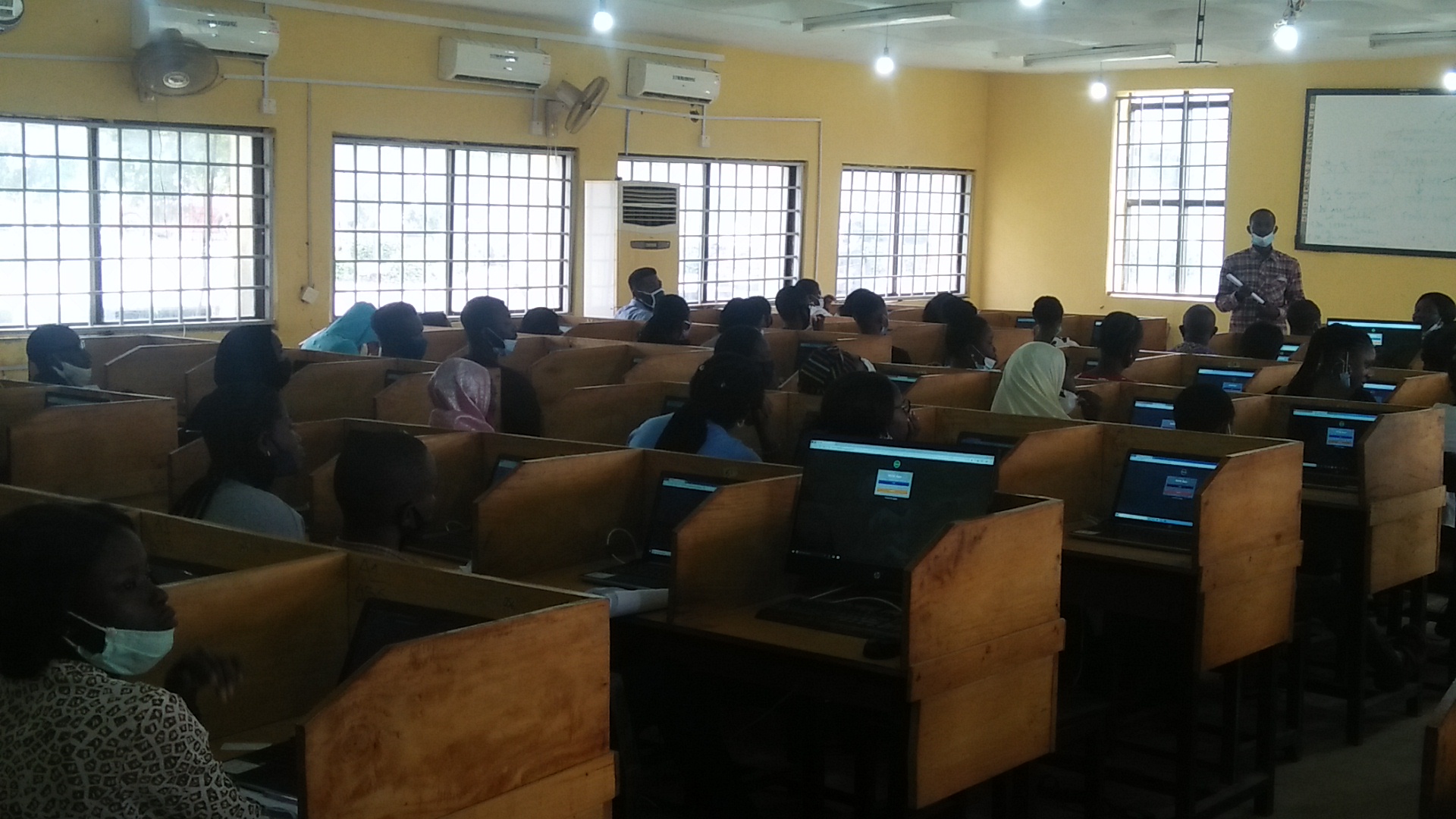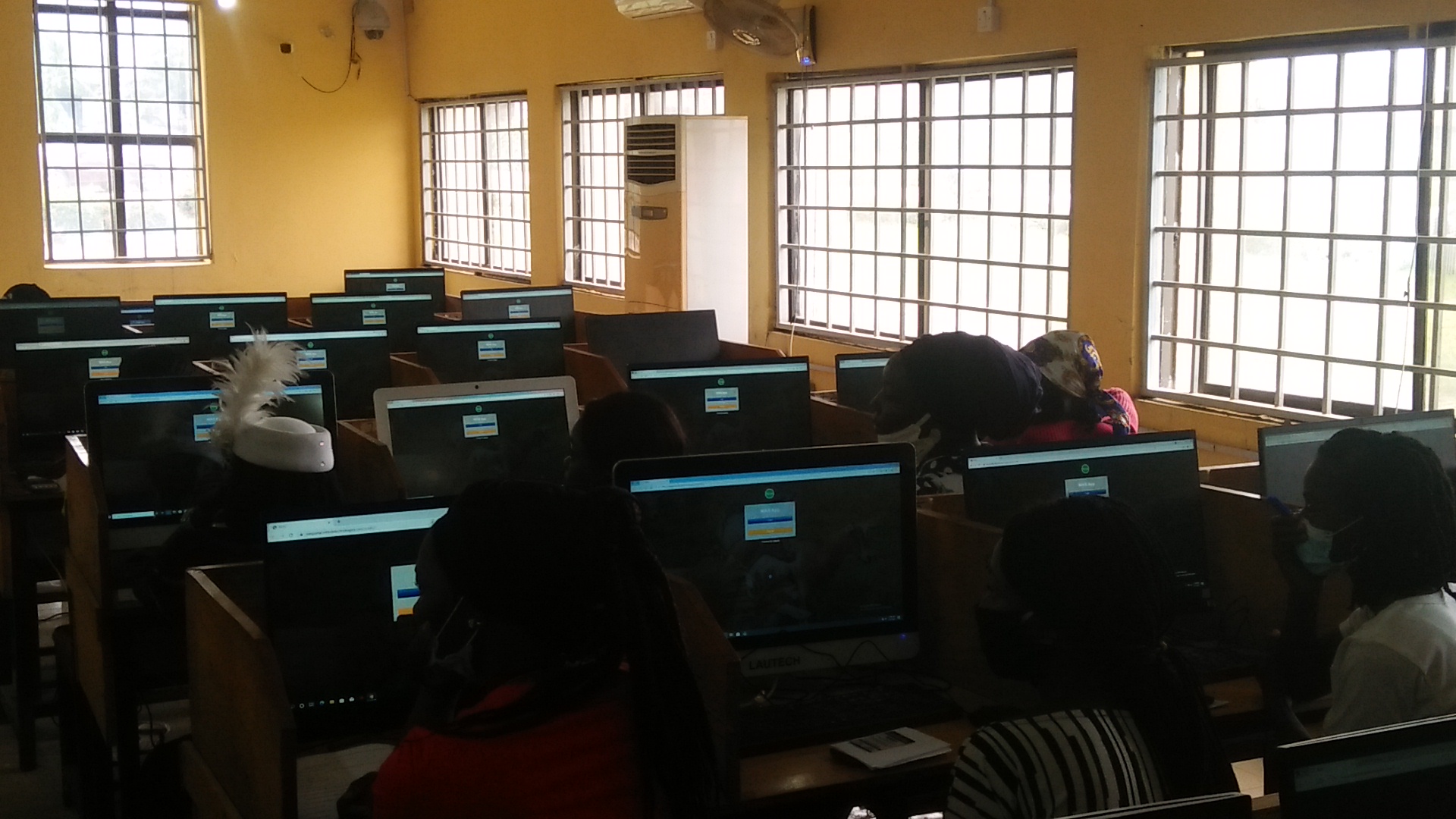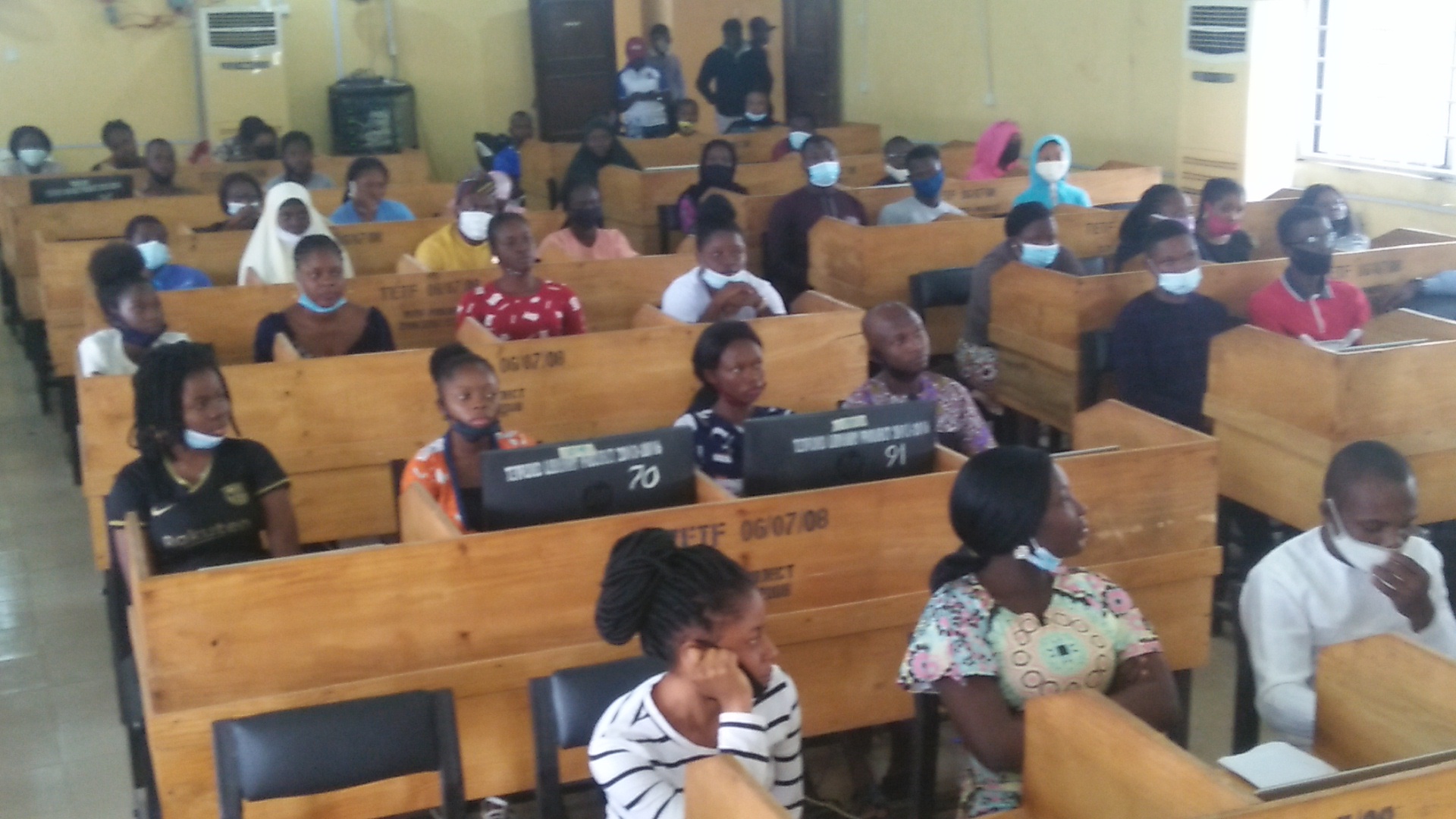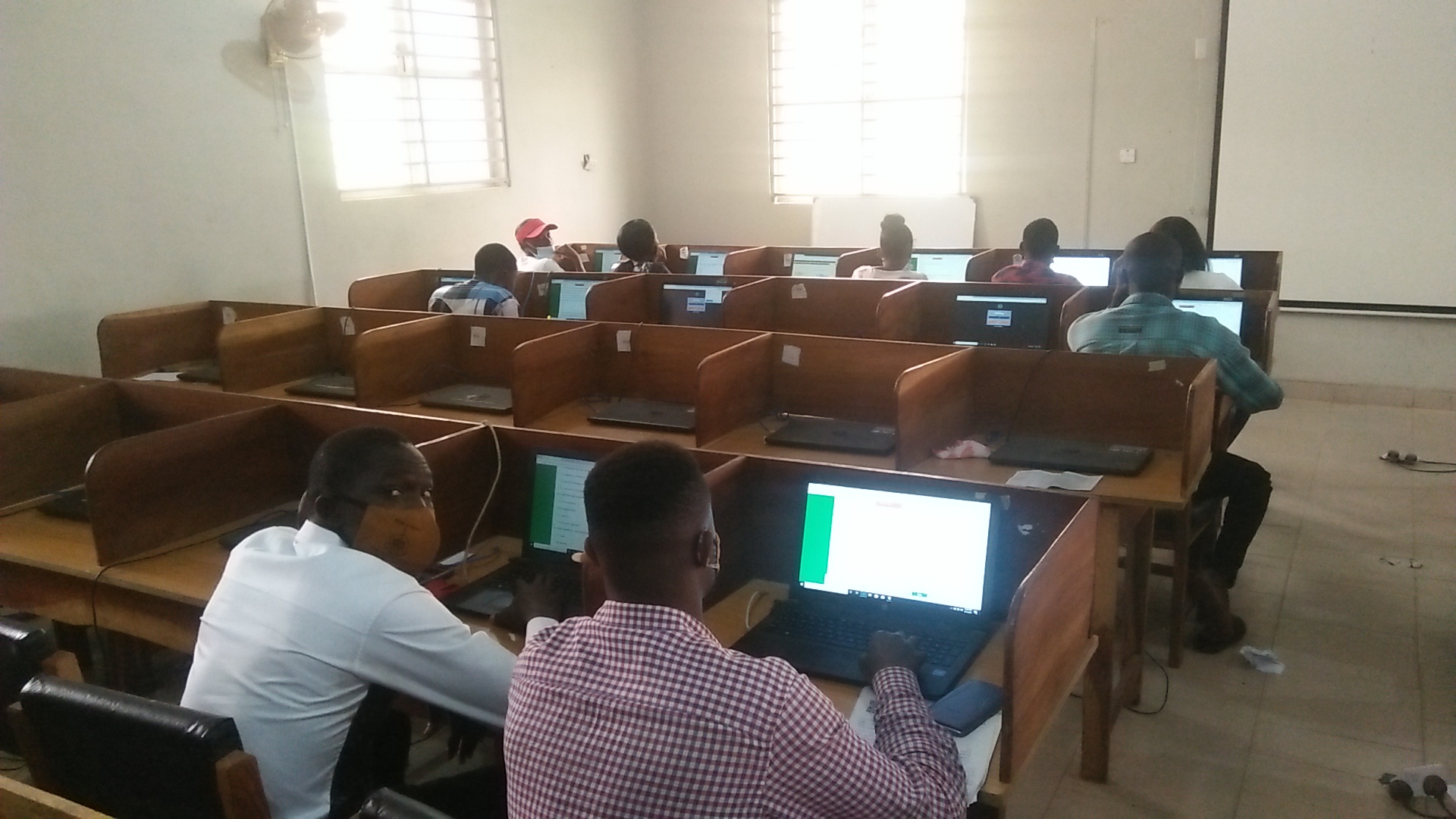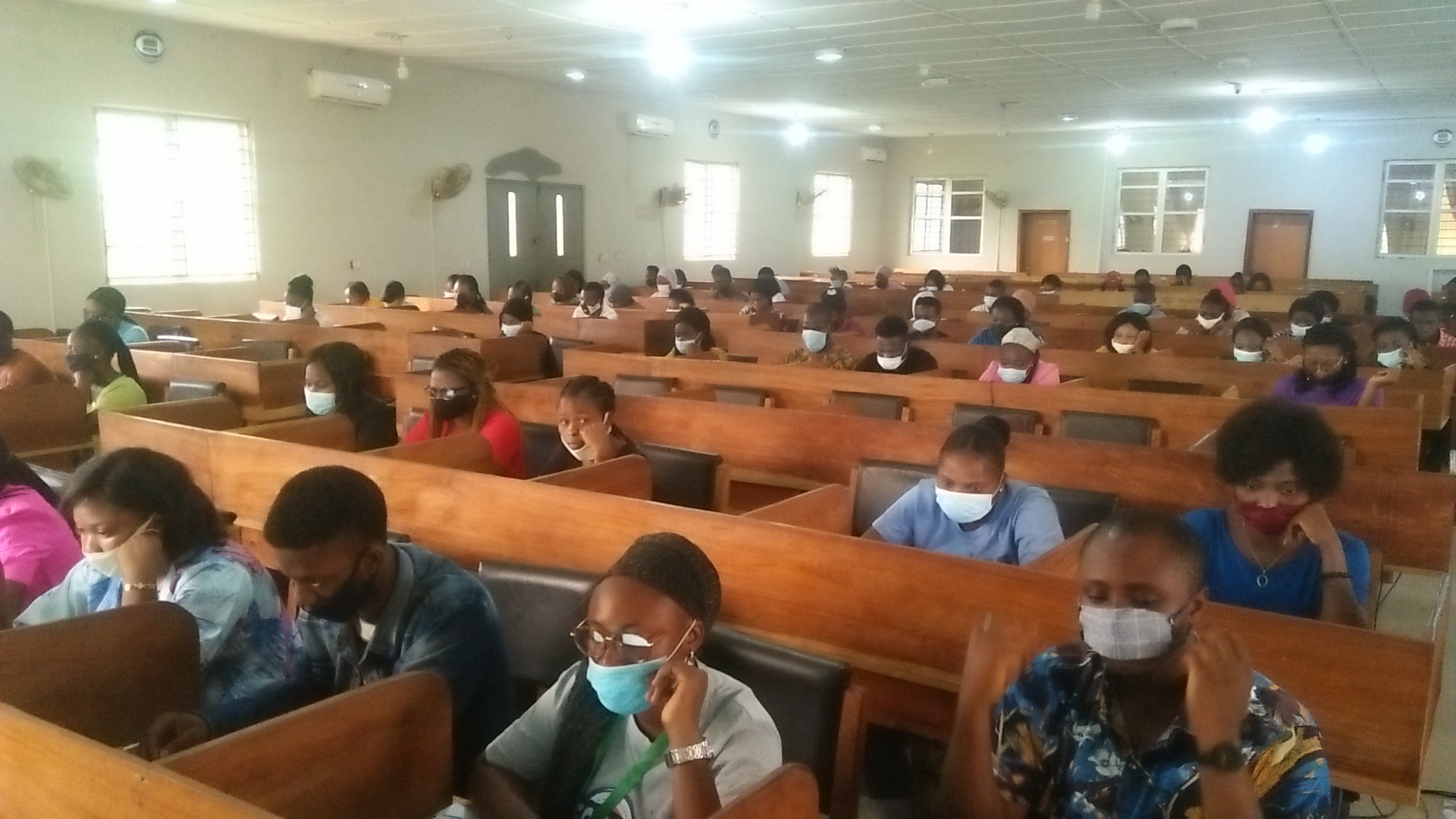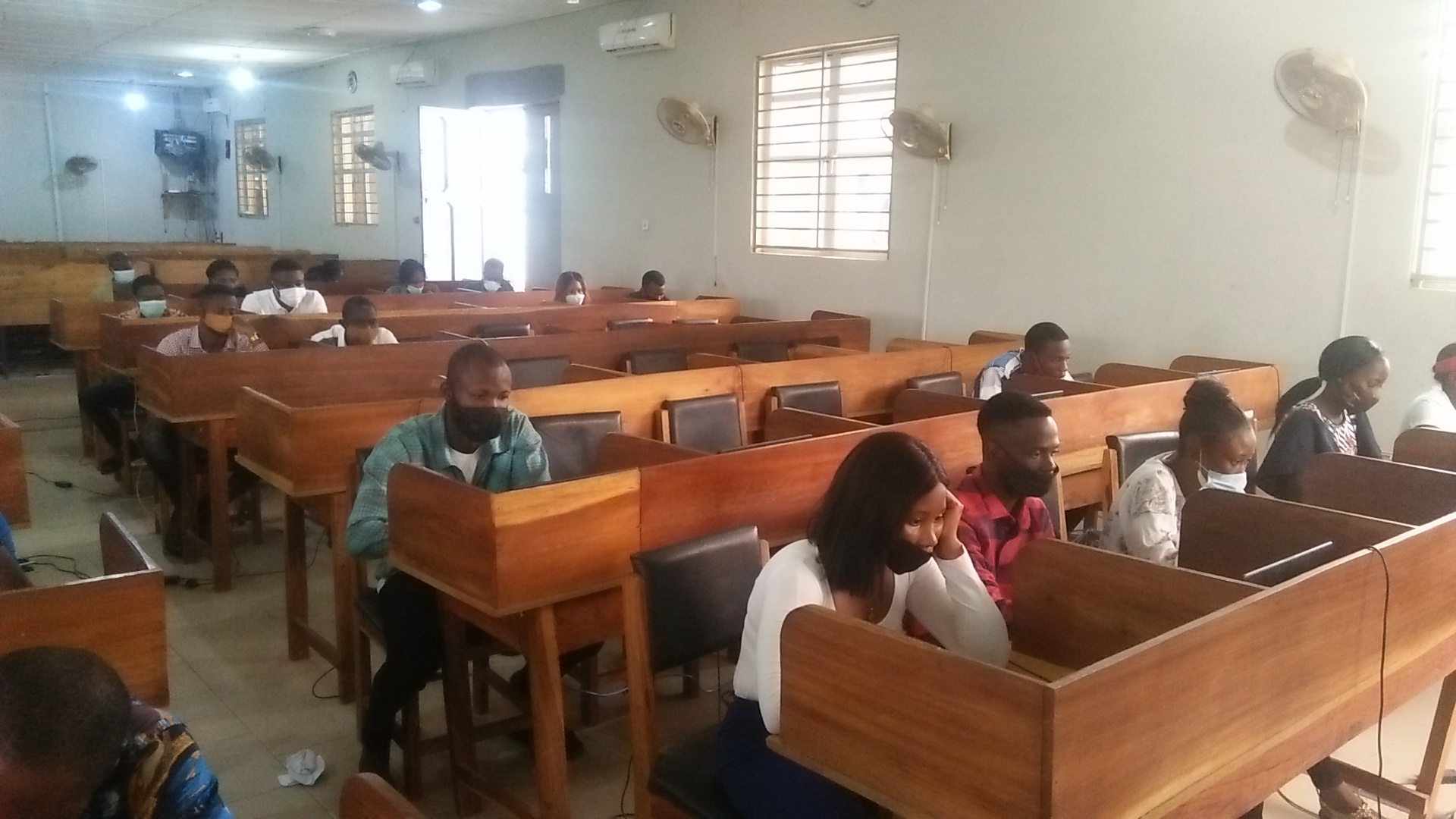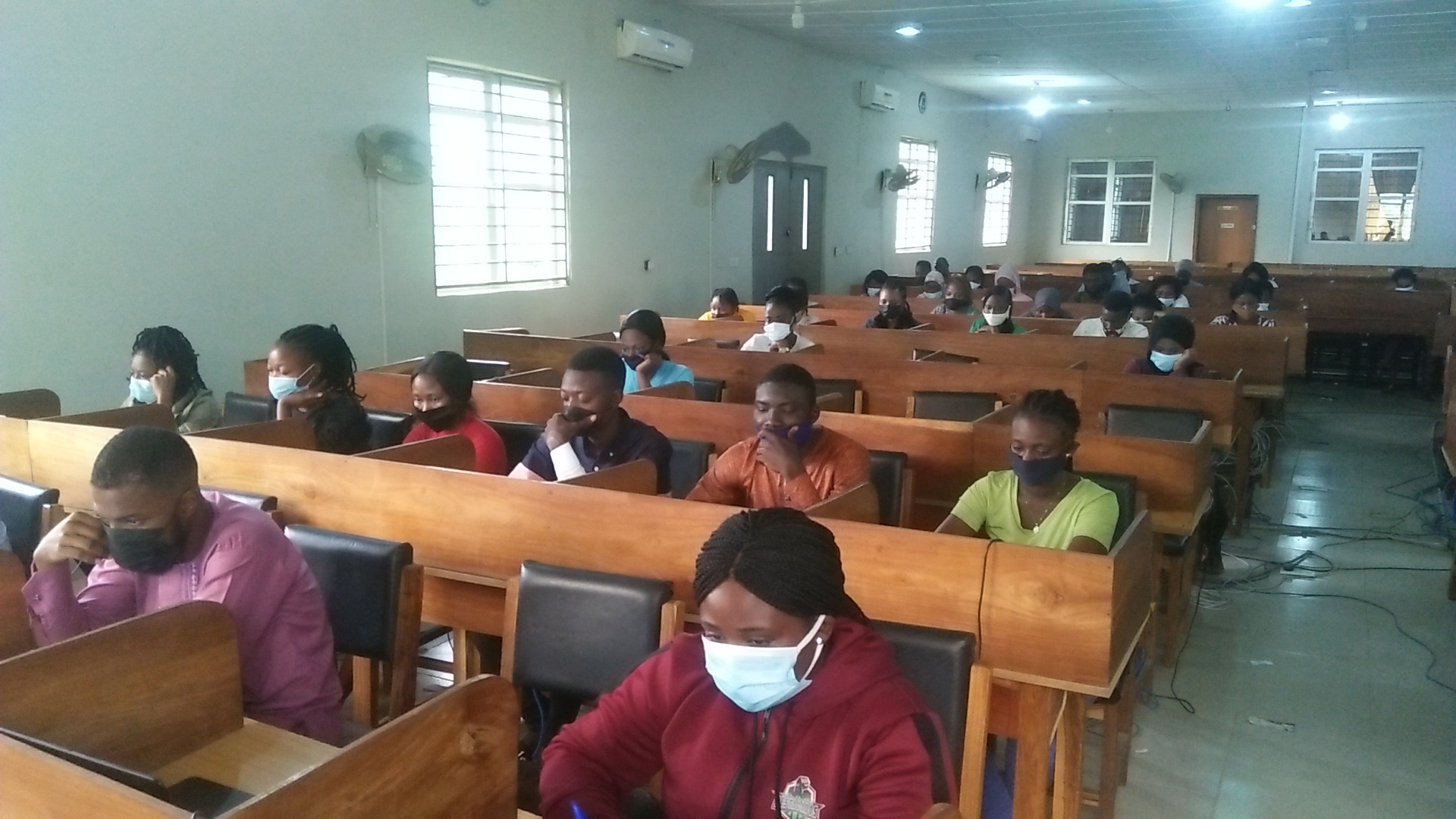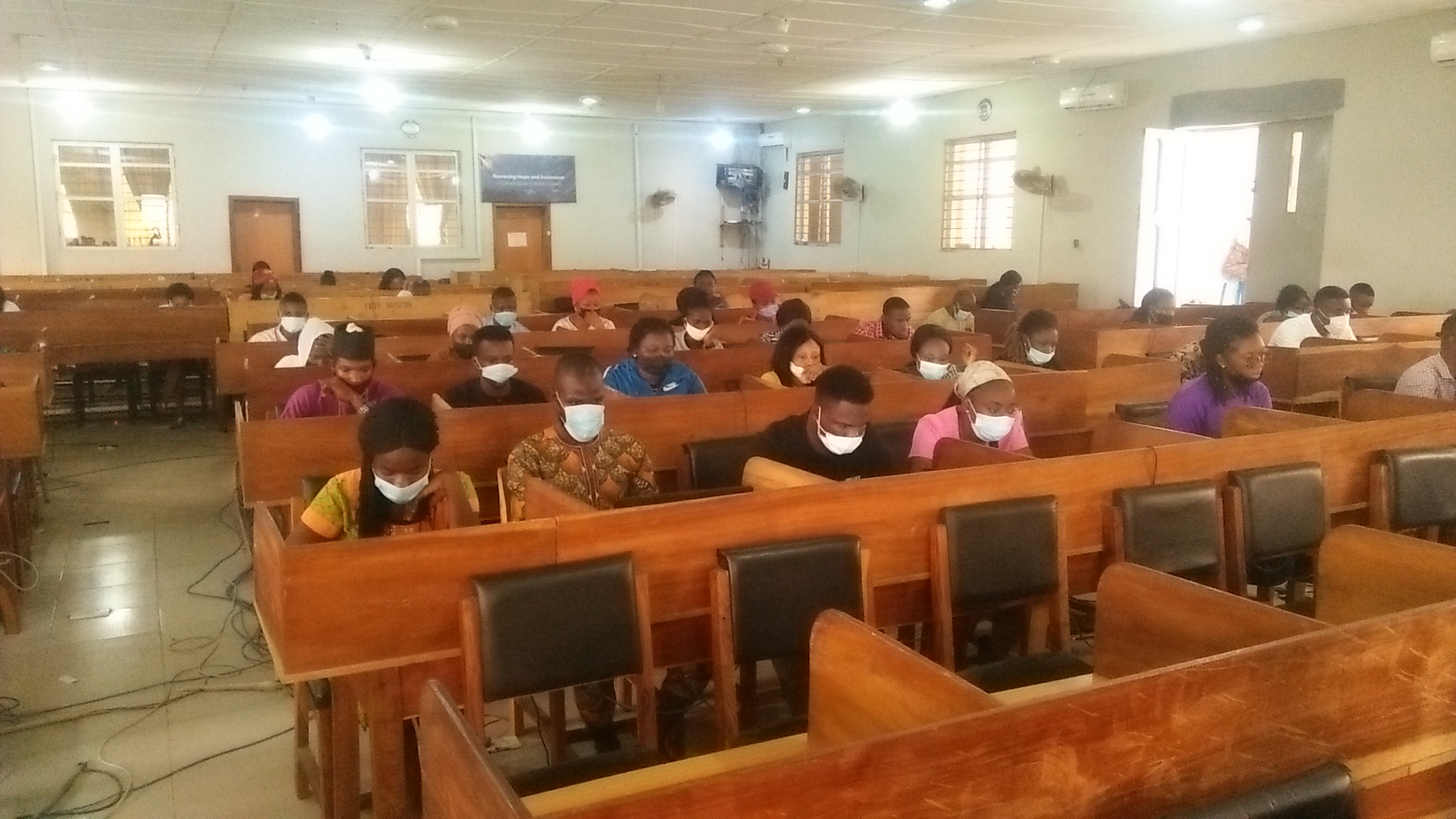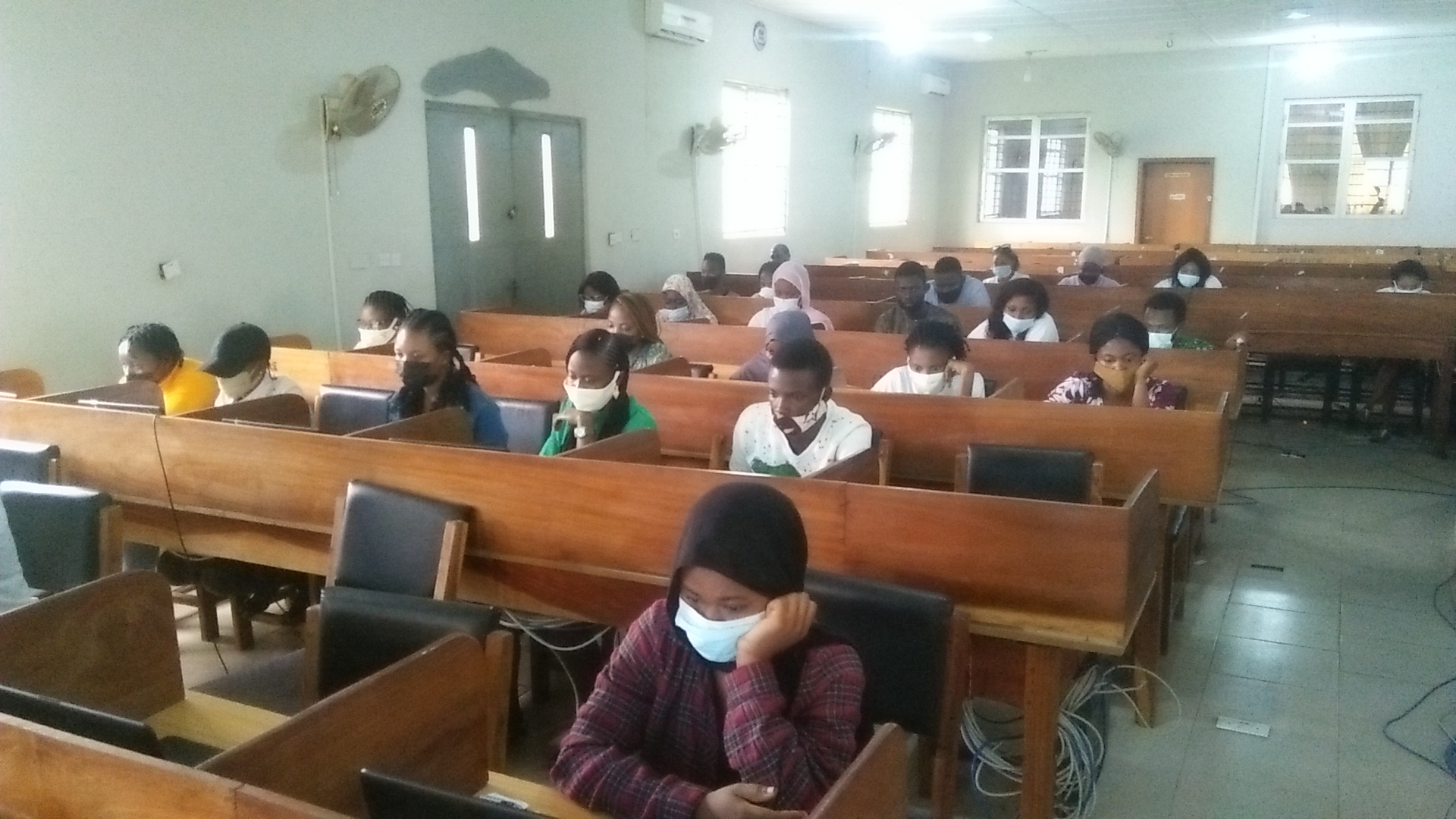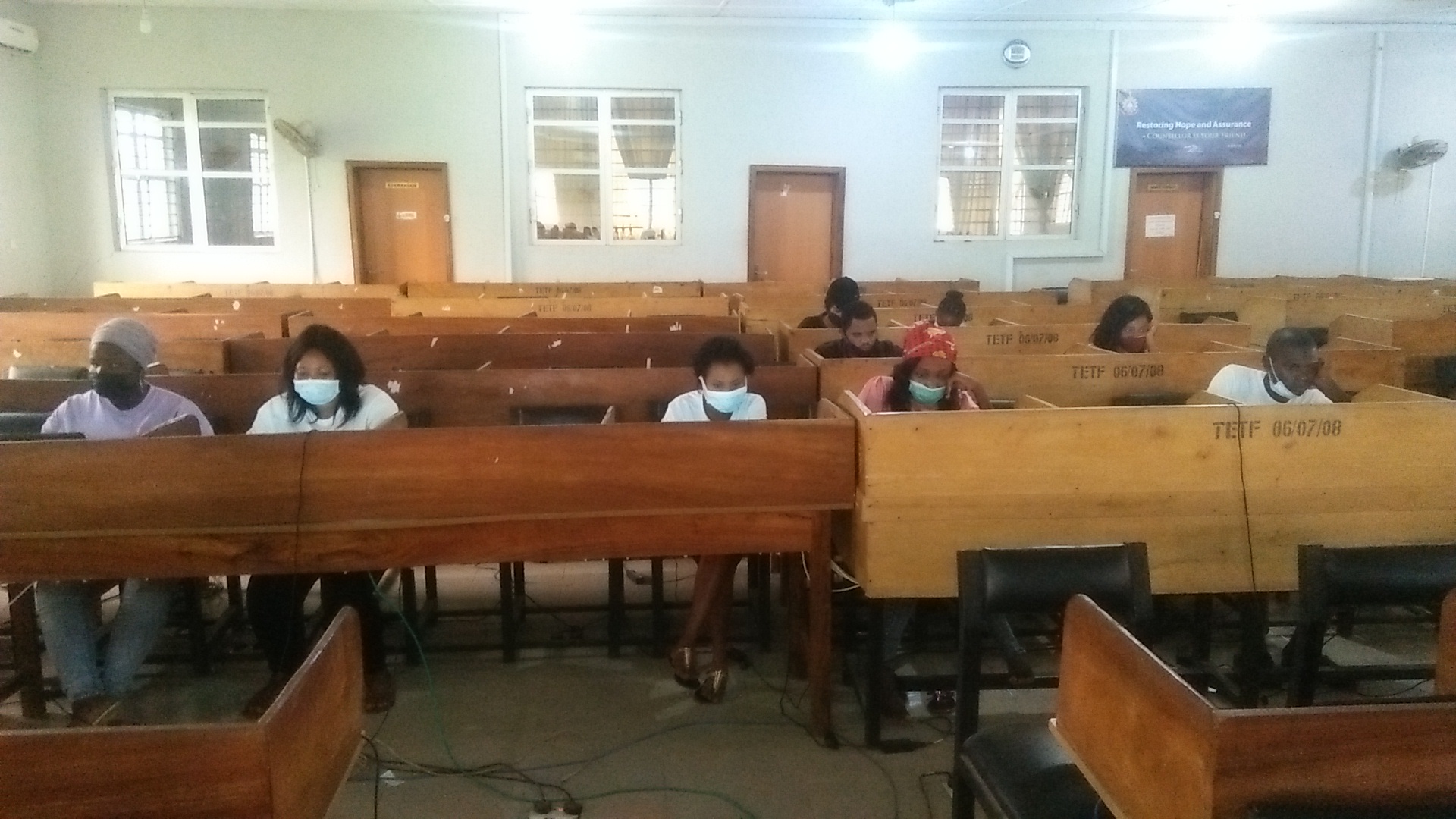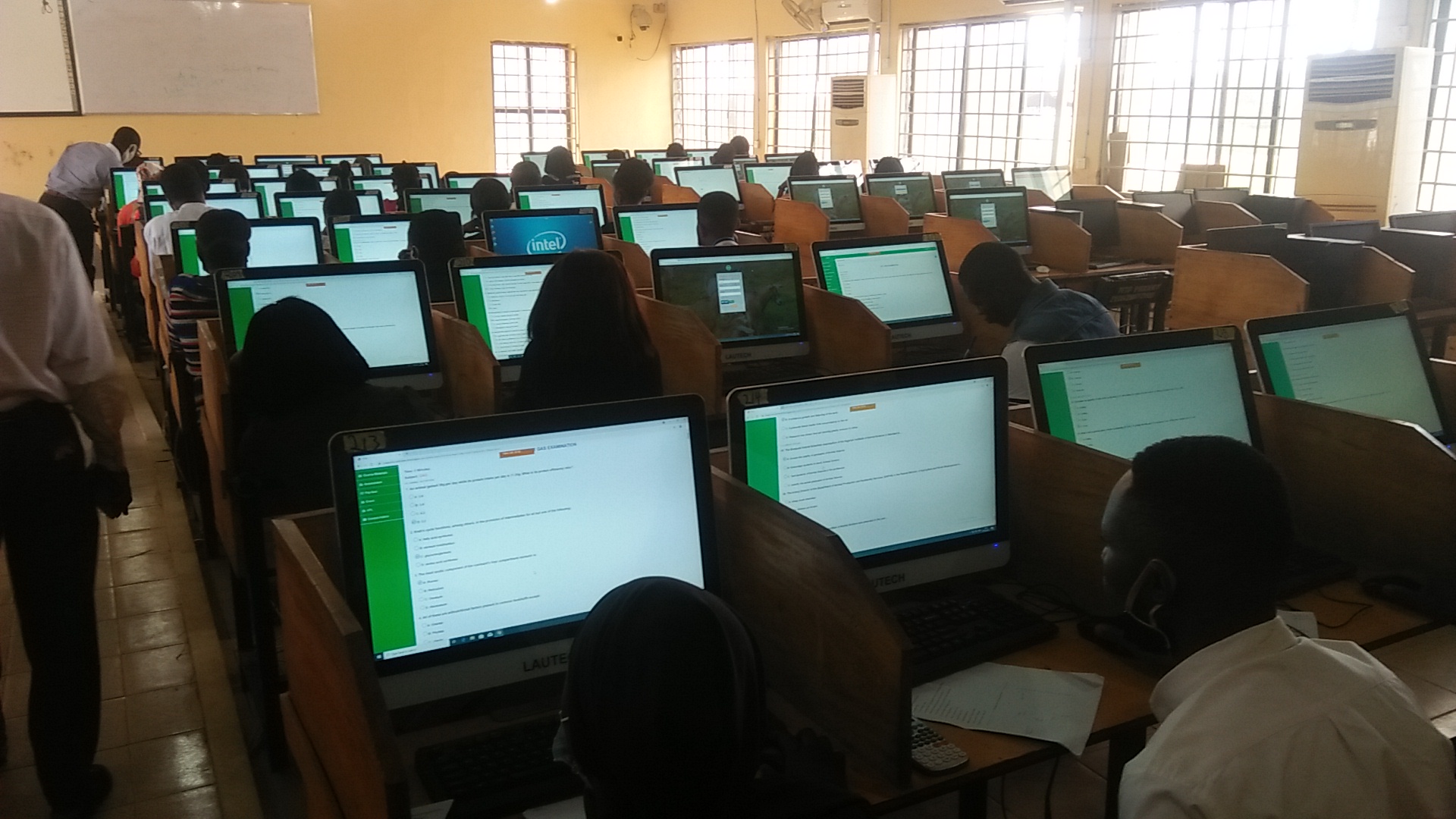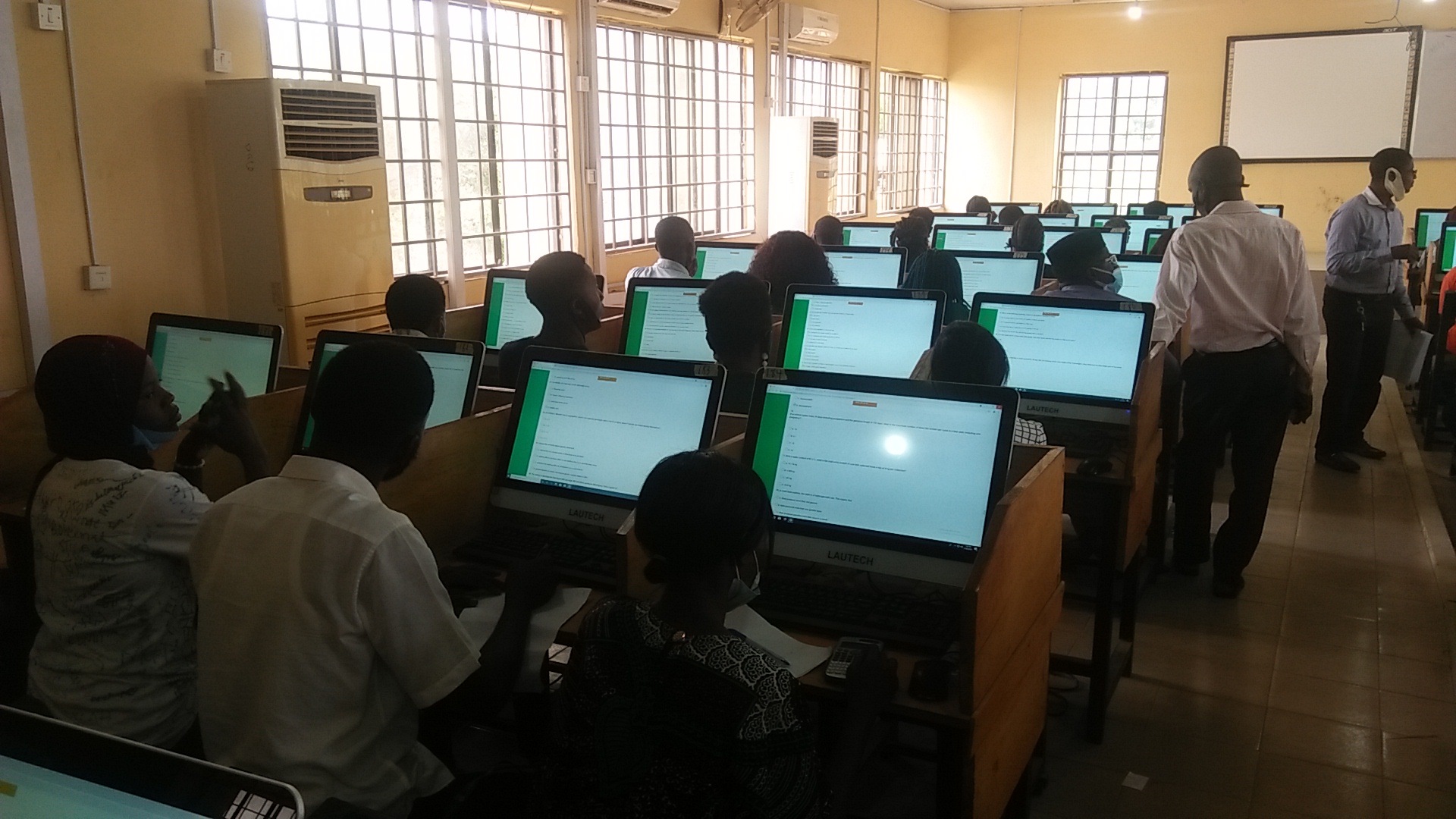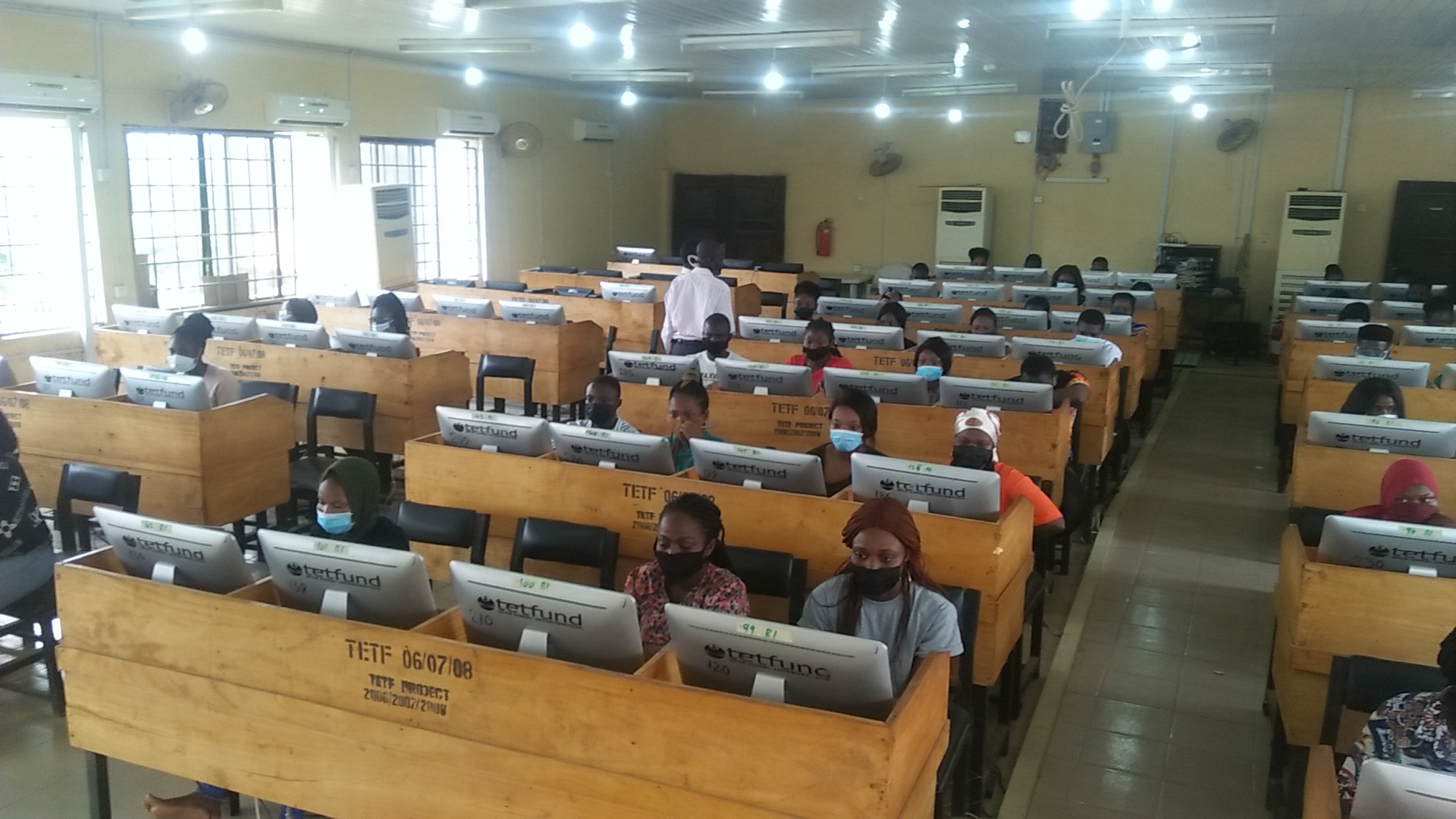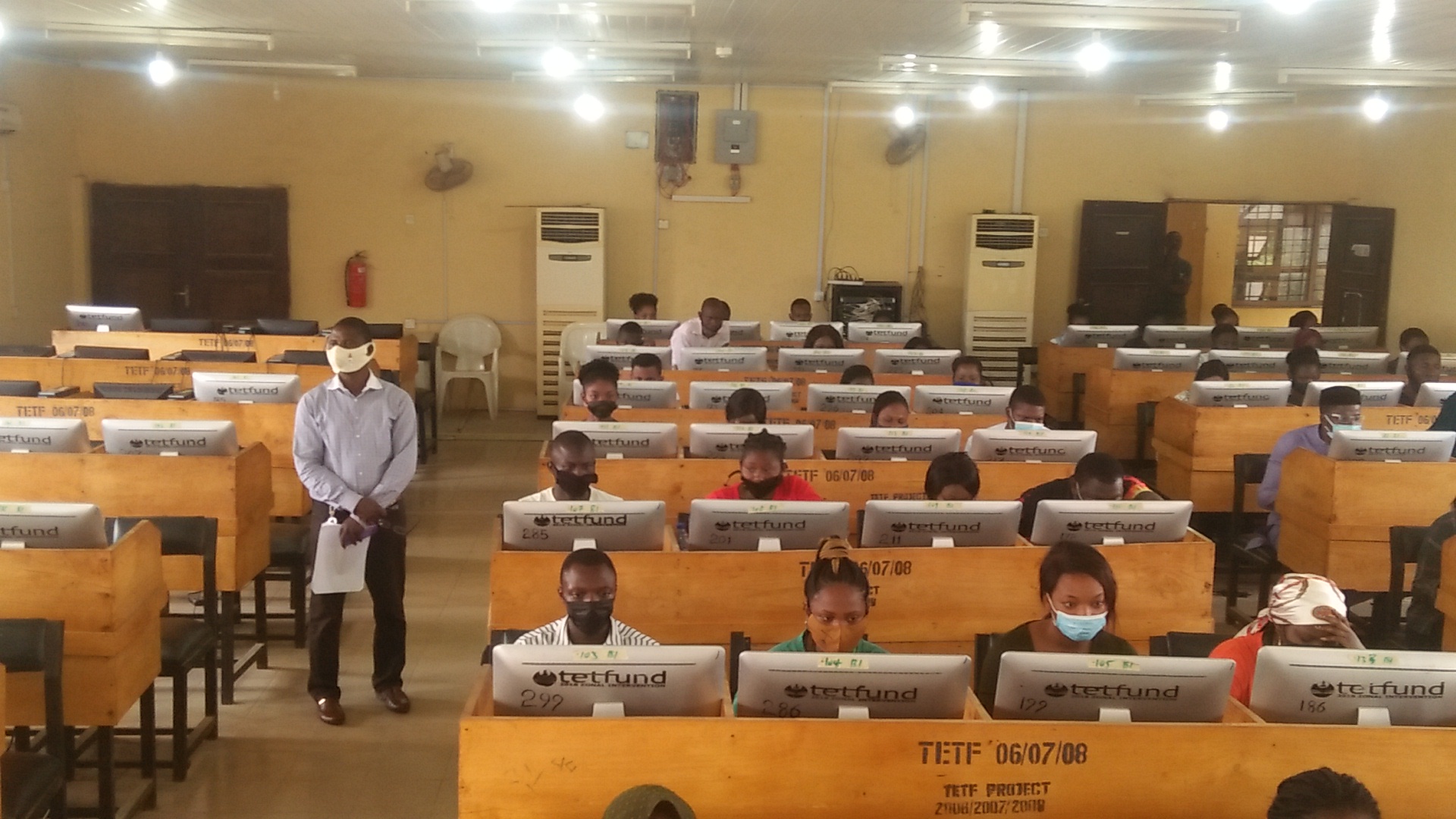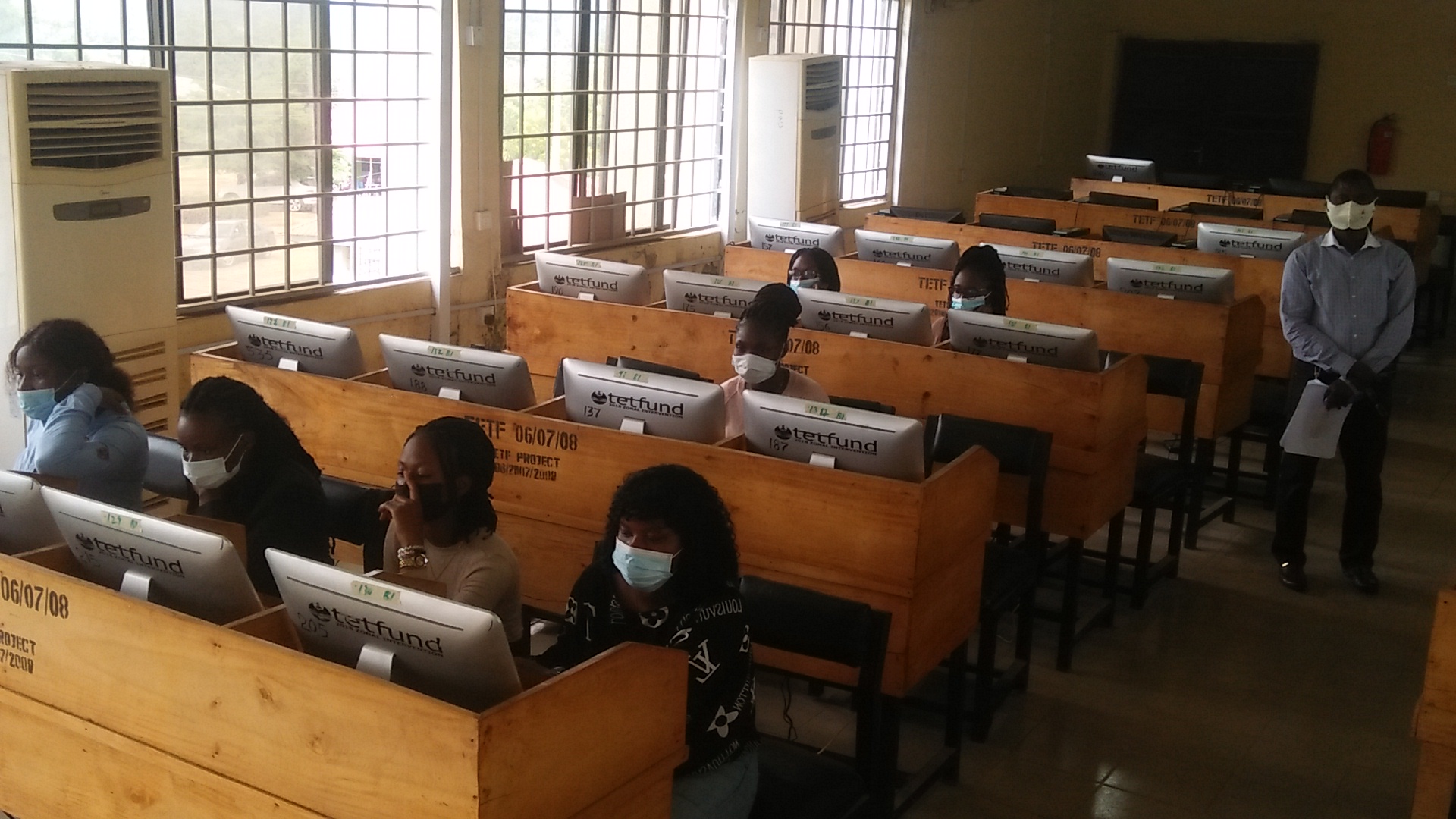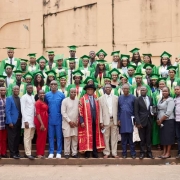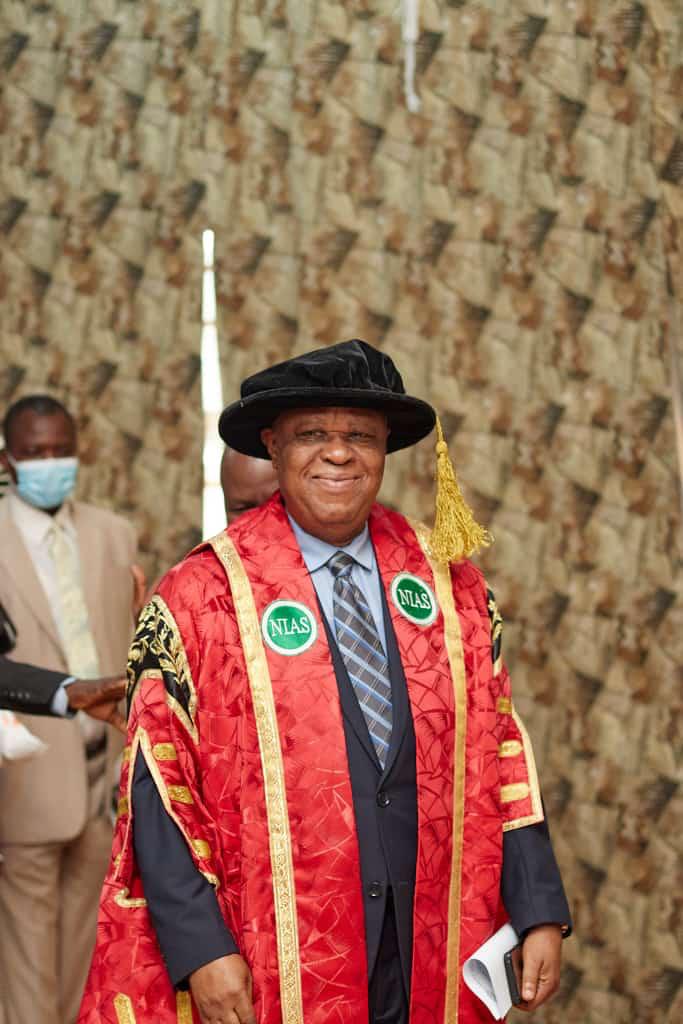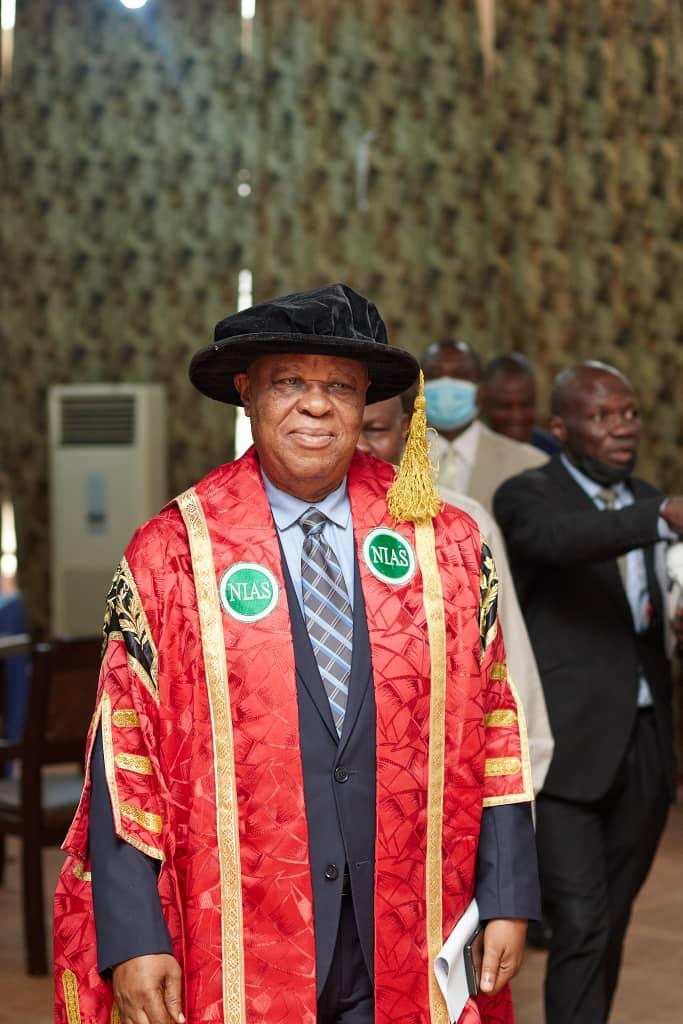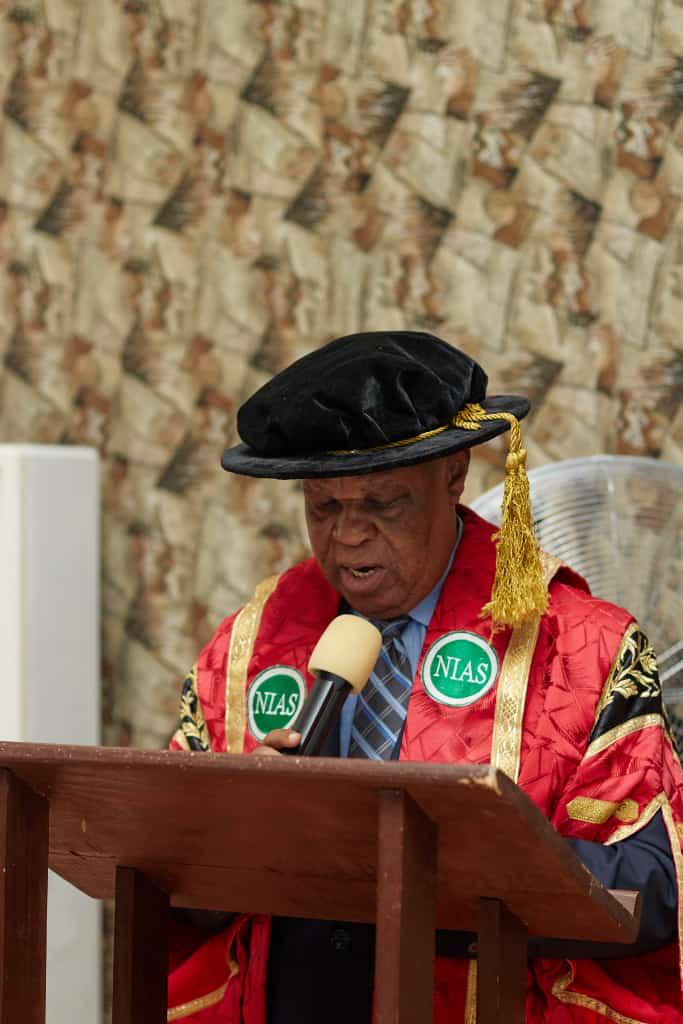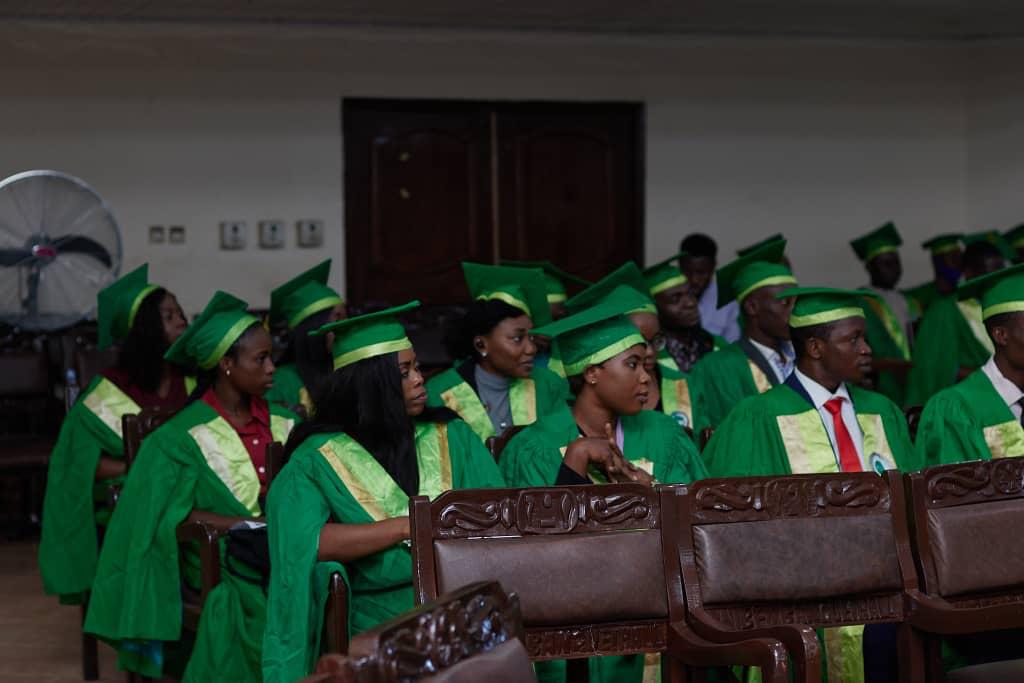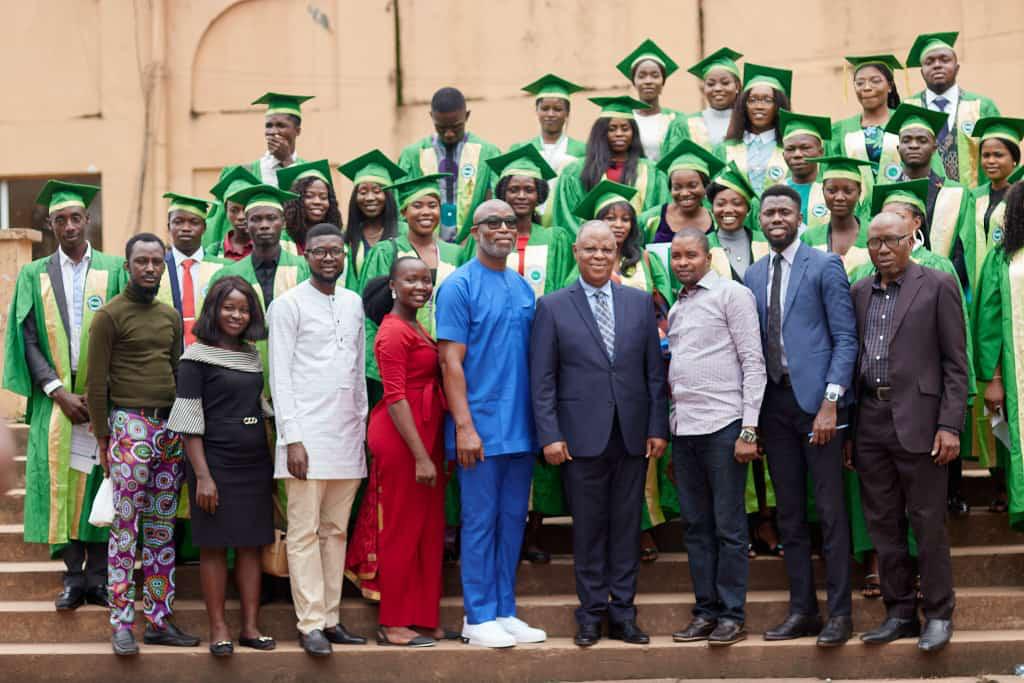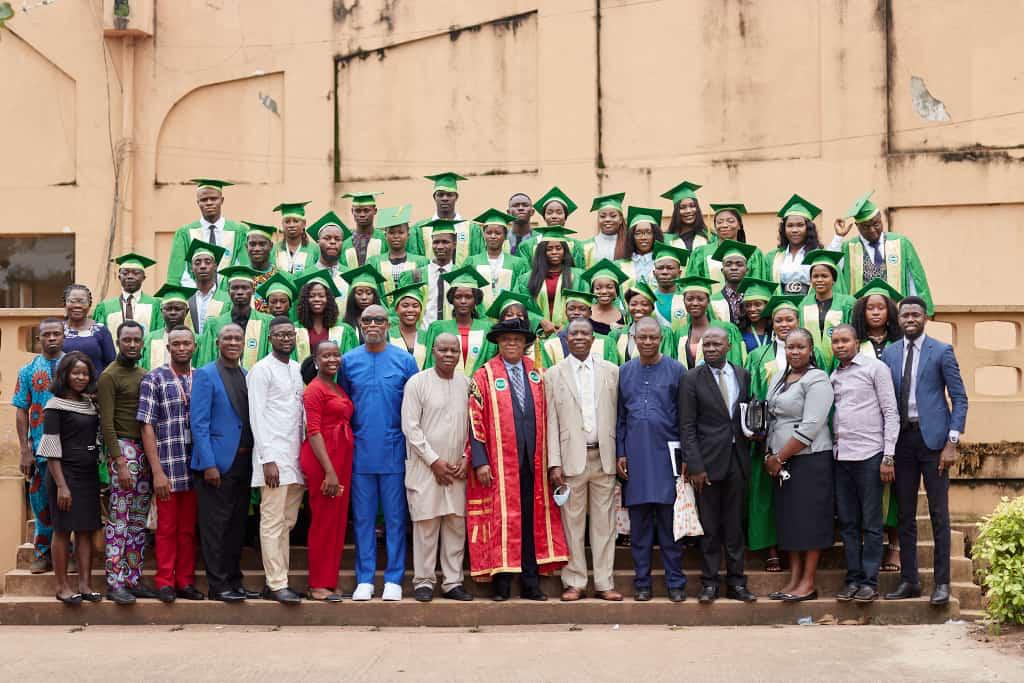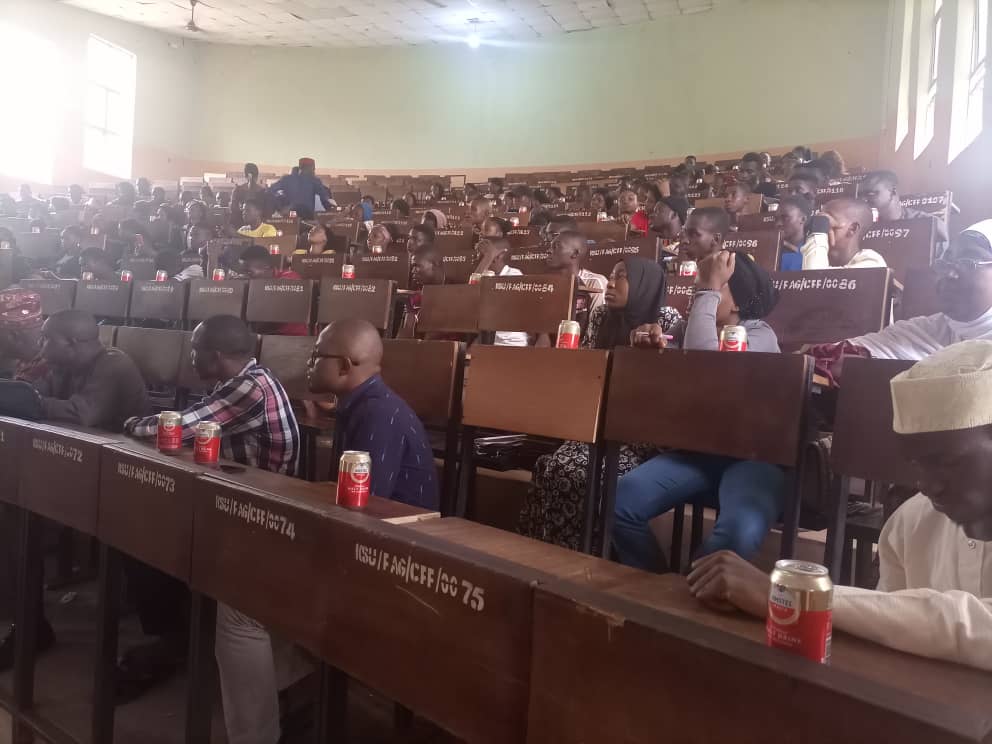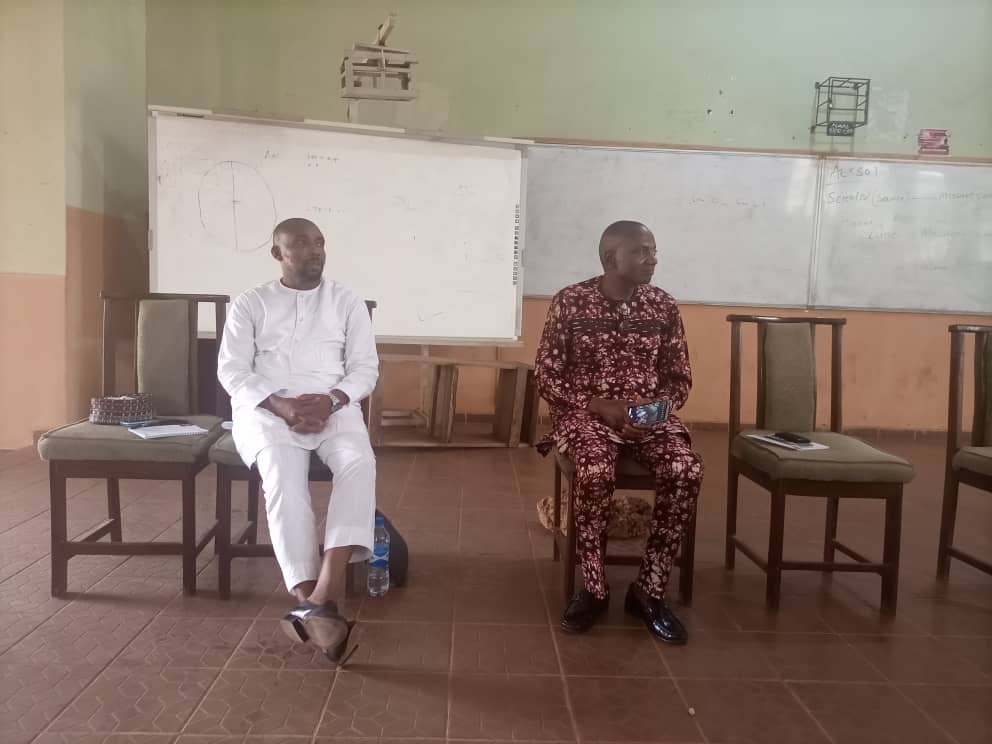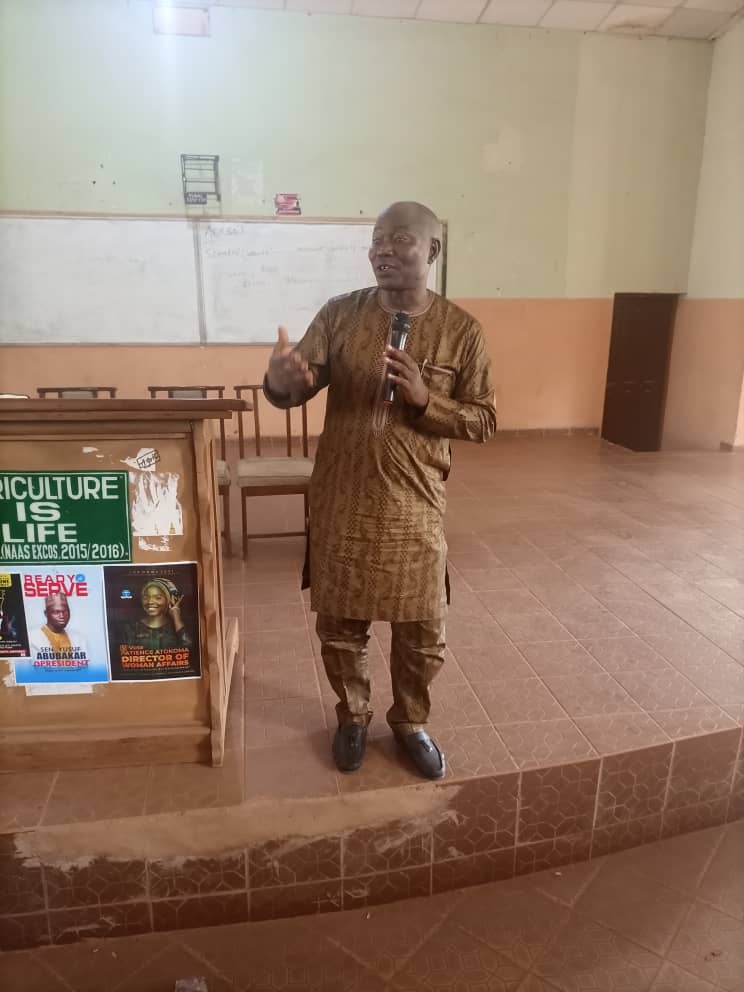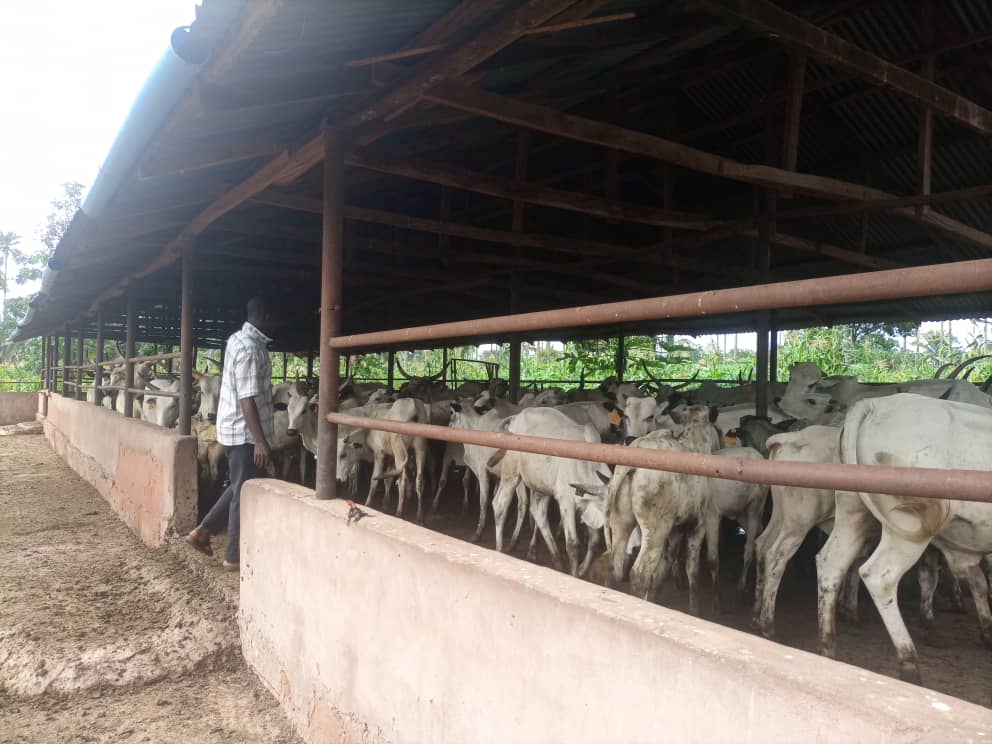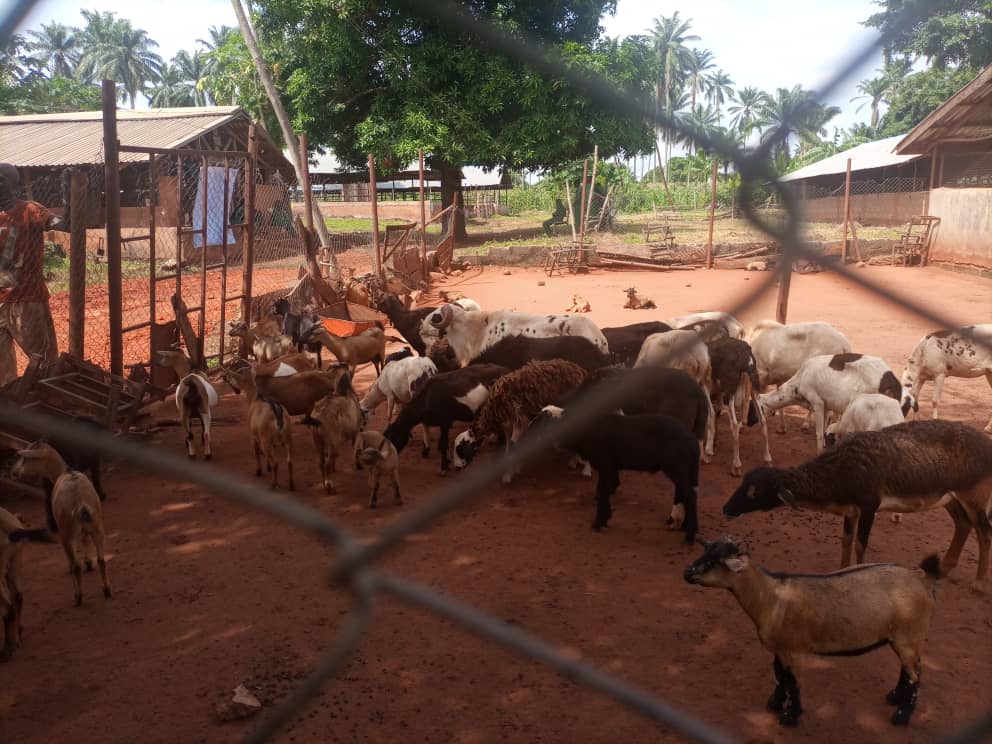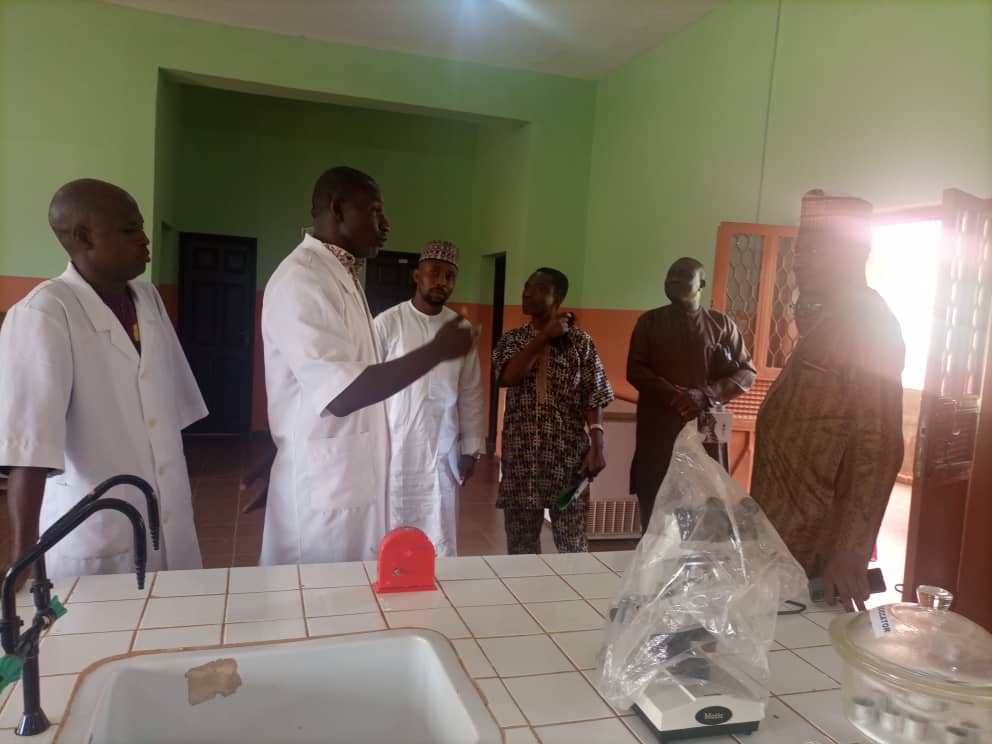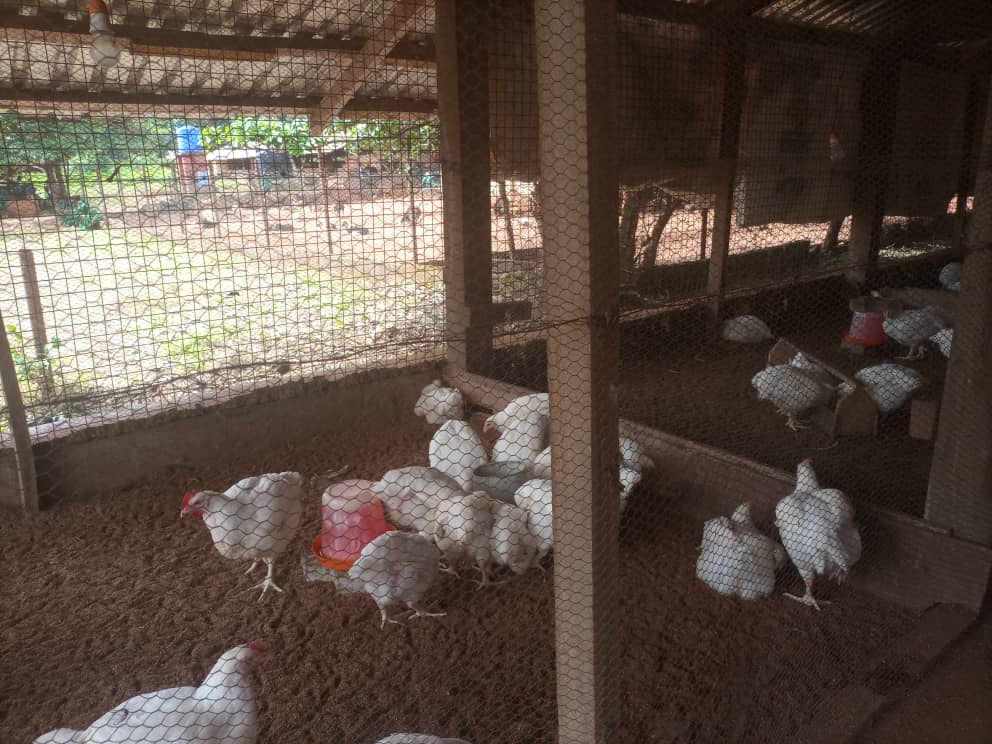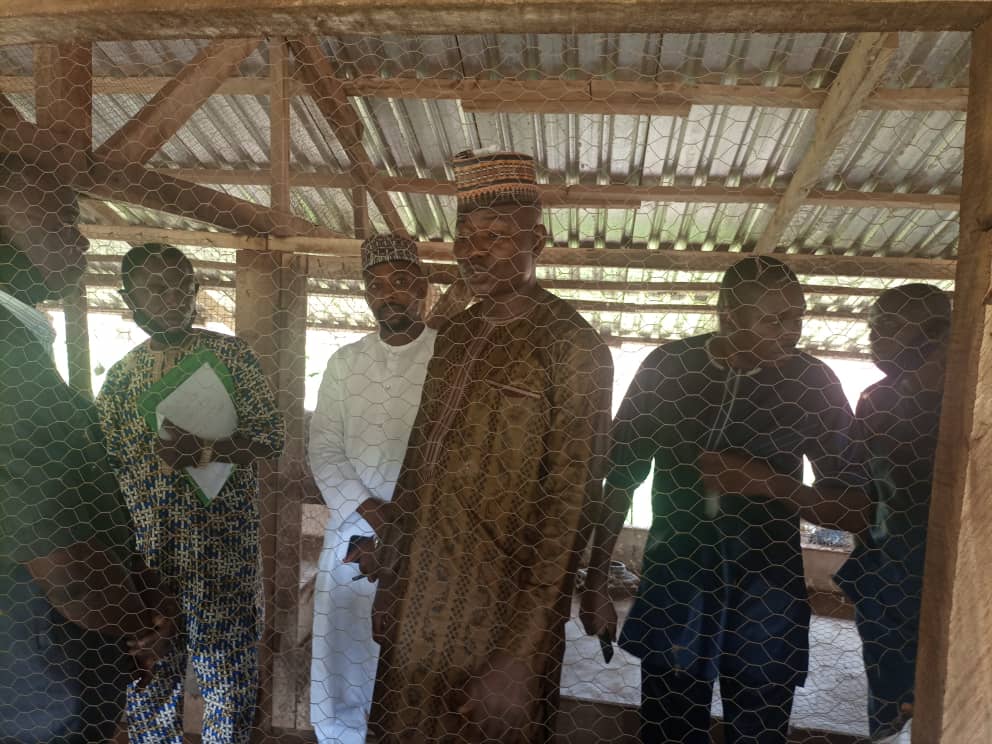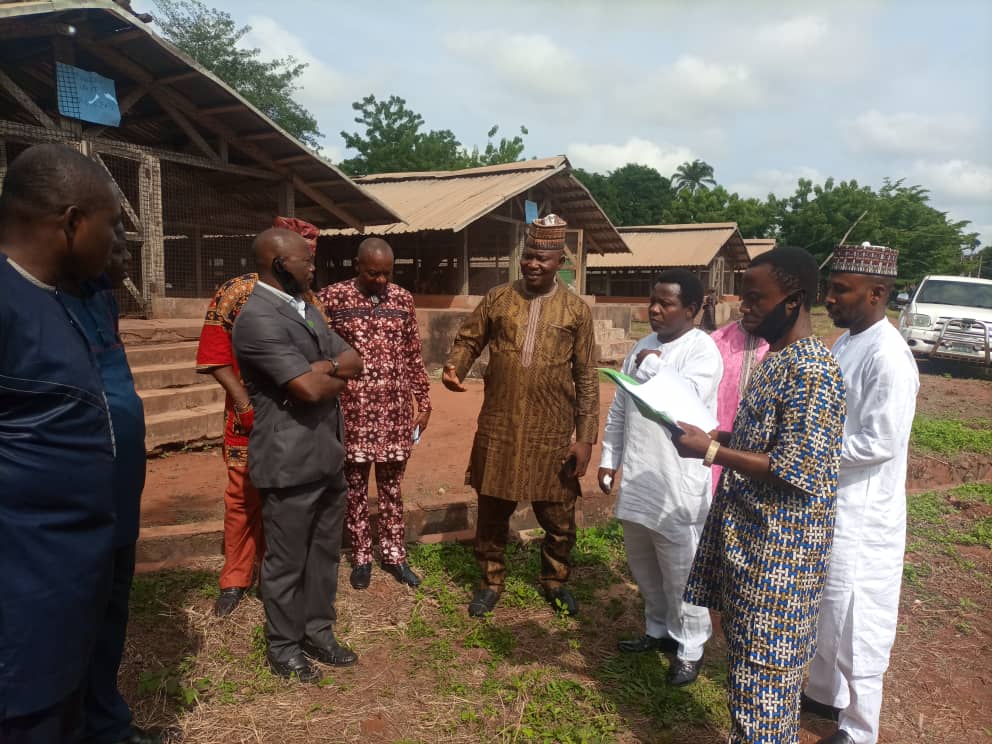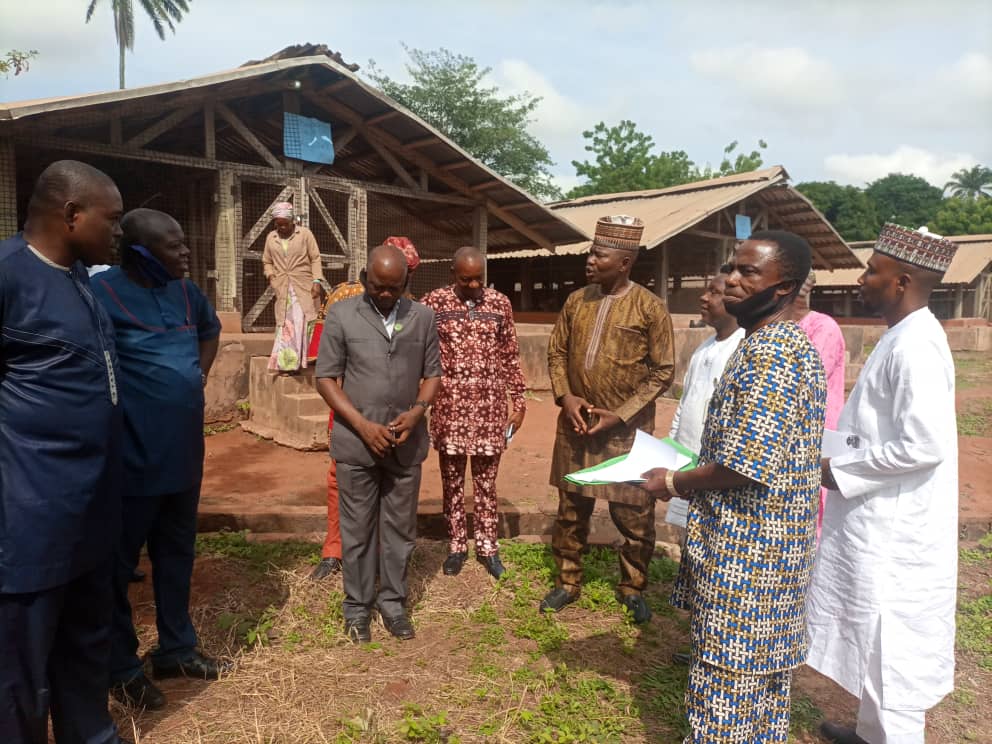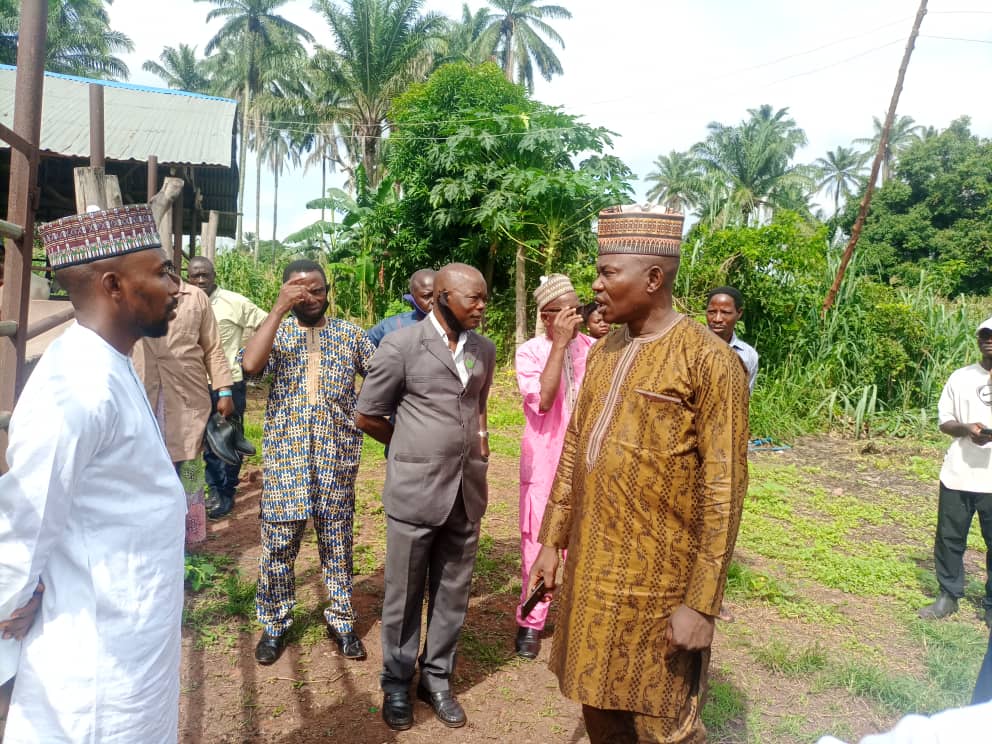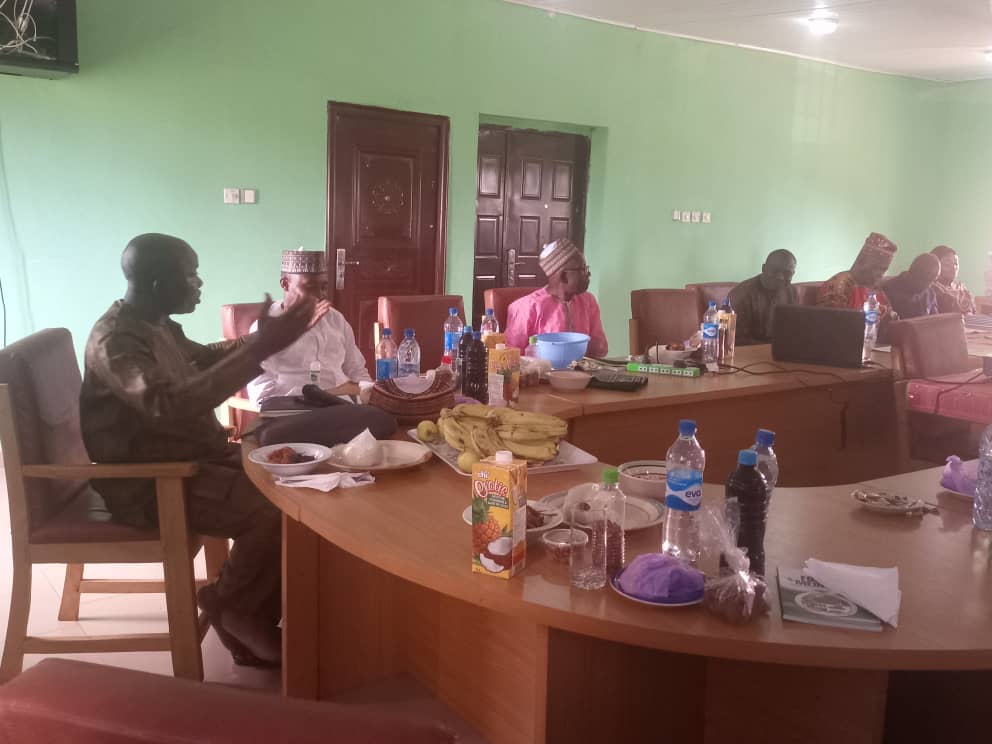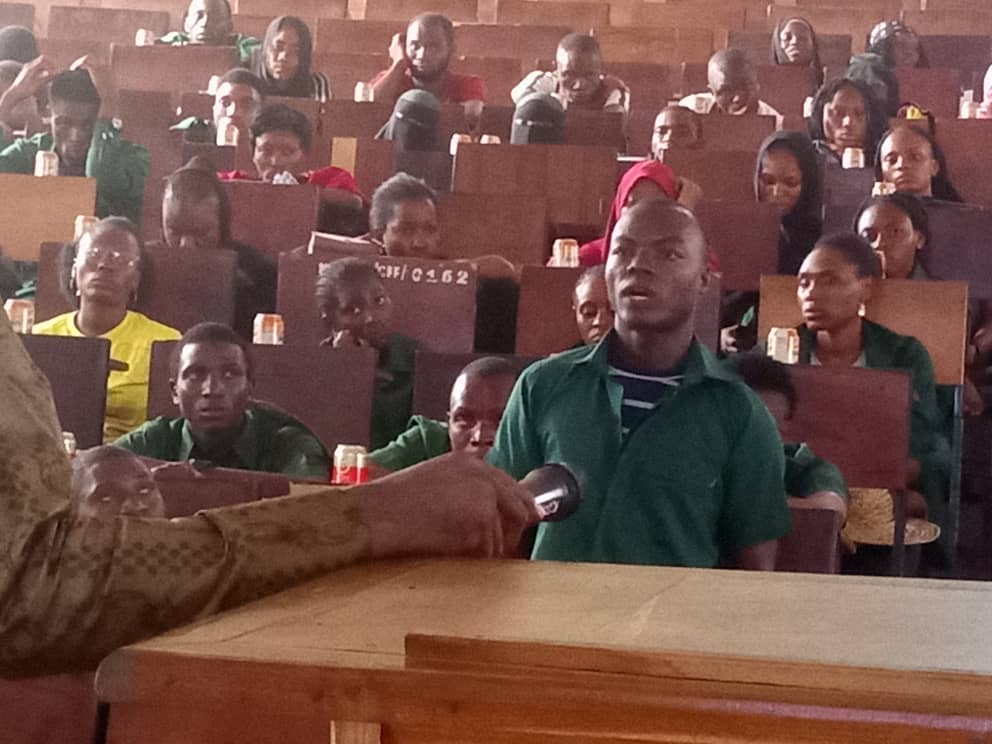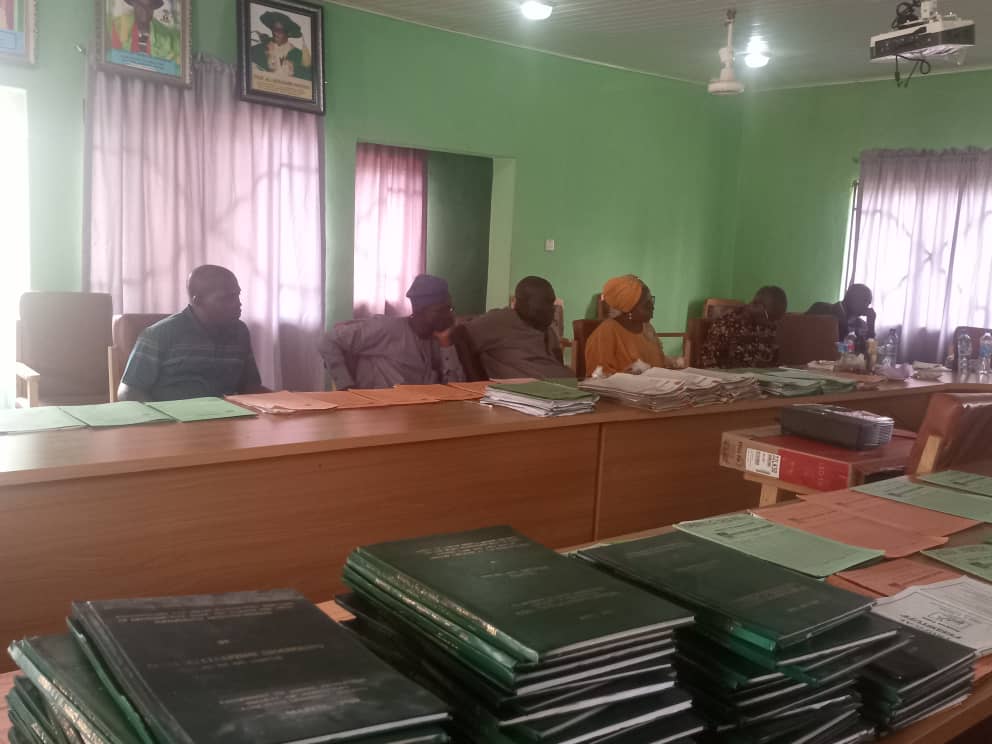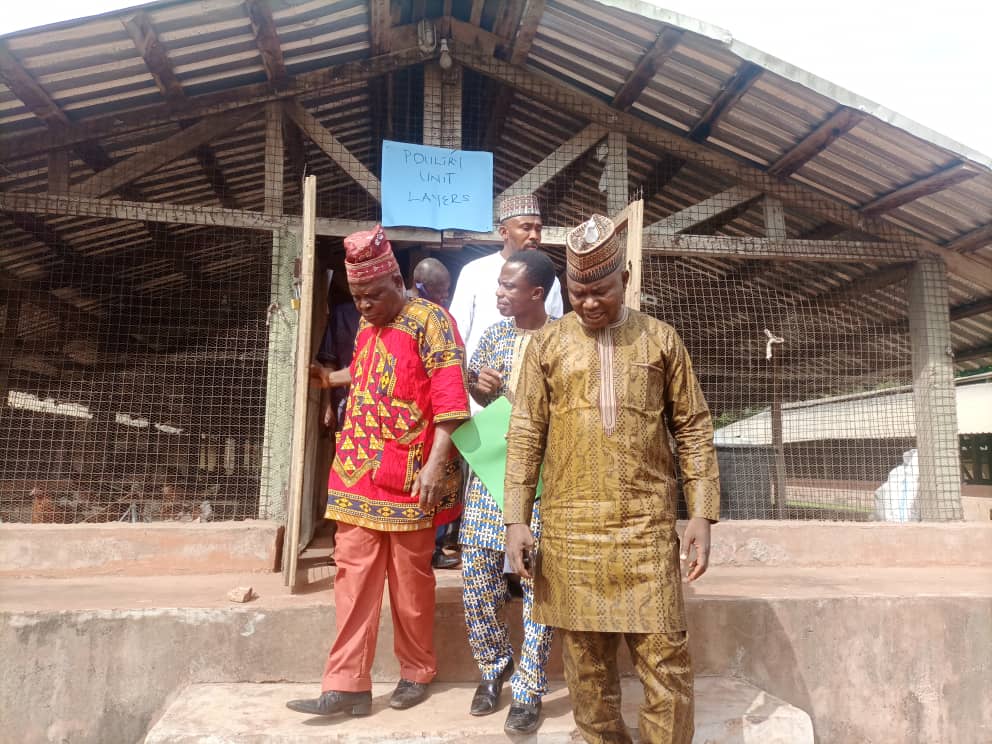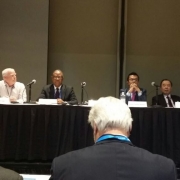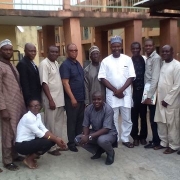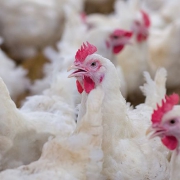INTERNATIONAL FEED REGULATORS MEETING IN ATLANTA, USA
Nigerian Institute of Animal Science led team on Feed Legislation in Atlanta USA.
Strong institution and legislations are necessary to govern the policy and regulatory frame work in the feed industry. Proper legislations will ensure removal of many obstacles that have hitherto affected the feed sector in Africa particularly Nigeria. The future of the feed industry lies with regulatory activities and greater involvement of professionals to drive the new level of growth expected in the industry. Professional Animal Scientists are determined to shape it and will no longer leave things to chance.
The active role played by NIAS in the feed industry in Nigeria was rewarded in the recent NIAS hosted the first pilot Train-the-Trainer programme in Africa, organized by International Feed Industry Federation (IFIF) and FAO. International Feed Industry Federation acknowledged that Nigeria has sizeable feed industry, growth potentials, legal framework and one of the emerging Animal feed producers with better opportunity to penetrate the International feed export market. In view of this NIAS was nominated as the Secretariat of IFIF in Nigeria. The Institute led a team to the 10th International Feed Regulators Meeting (IFRM) in Atlanta USA, which took place on 30-31 January 2017. The forum provided opportunity for all inclusive dialogue with stakeholders to create the necessary structure and legislations that will enhance the quality control in the feed industry.
NIAS IMPLEMENTS IFIF/FAO TRAINING FOR OTHER STAKEHOLDERS IN THE FEED MILL INDUSTRIES
As feed production in Nigeria continues to expand in volume and value in response to increase in demand from Farm establishments, capacity building of stakeholders in the industry is one of the key priorities.
To ensure multiplier effect of the IFIF/FAO train – the – trainer pilot project held in Nigeria in 2015, NIAS have started implementing the post IFIF action plan to train other stakeholders transcending different geopolitical zones of Nigeria. The training which began in Kaduna was designed to build capacity of relevant stakeholder for increase feed safety and feed quality at production level both for industrial and on farm mixing, address the requirements of the sector while meeting the individual training needs of participants. In his closing remarks at the workshop held in Kaduna, the Registrar/CEO Prof. E. A. Iyayi thanked the participants and disclosed that the Institute will not renege on ensuring high premium on quality and standardization of feed in Nigeria. He however, called for collective actions among all stakeholders.
PROFESSIONAL RESOURCE VERIFICATION OF ANIMAL SCIENCE DEPARTMENT KOGI STATE UNIVERSITY
Nigerian Institute of Animal Science in line with its statutory mandate undertook professional resource verification of human and material resources used in teaching Animal Science programme in Kogi State University on 13- 14th of October 2016.
On arrival, the team was received by Director Academic planning who later introduced members of the team to the Vice-Chancellor who was represented by the Deputy Vice-Chancellor Administration. The Registrar/CEO Prof. E. A. Iyayi in his opening remark thanked the University management for allowing the Institute to come in and verify resources used in teaching Animal science programme in the University. Furthermore, he said the demand for a protein of Animal origin will continue to increase each year, due to population increase which is projected to reach 9.2 billion by 2050.
The purpose of the exercise he said was to ensure that resources used in training Animal Science students to meet the professional requirement so as to build capacity and capability of graduates that will be responsive to the concerns and emerging dynamics of the livestock industry. He noted that the provision of adequate human and material resources is pivotal for proper skills and work experience needed to drive the livestock industry, ensure that graduates work on cutting edge science of the livestock industry, advance to a successful career in Animal and allied industries and self-reliance.
In response, the deputy vice Chancellor Administration expressed gratitude to the team and informed the team that the University has put in place the basic facilities required for the Animal Science programme in spite of the economic recession. He gave an analogy that an outsider can best detect what has gone wrong with your house, he, therefore, implore the team to carry out a holistic assessment and report back their findings.
The team after assessment of the facilities had an interactive meeting with the student. The interactive meeting with the students was to spark, inspire, encourage and give hope to the students that better future lies ahead in the profession for serious-minded students.

At the exit meeting, the Head of Accreditation and Curriculum Mr. Peter Alike briefed the Vice-chancellor and University management on the outcome of the exercise. He expressed satisfaction in some areas and drew the attention of the University management to some existing gaps which require attention. Responding to the Deputy Vice-Chancellor Administration thanked the NIAS team for observations and genuine comments made by the team. Furthermore, he said, the University authority is constrained by the inadequate funding but assured the team of the University’s commitment to addressing the existing gaps identified by the team to engender quality.

‘Poultry industry has saved N50 billion since border closure’
With the poultry industry currently functioning almost at its full capacity following the border closure, the Nigerian Institute of Animal Science (NIAS), has said the sector has raked in about N50billion between August and December, and also created many jobs.
The Registrar of the Institute, Prof Eustace Iyayi, at a news conference in Abuja, yesterday, pointed out that prior to the closure of the boarder, 70 percent of about two million metric tonnes (MMT) of poultry meat consumed locally were smuggled into the country, causing poultry farms to close down or down size.
He said the sustenance of border closure would greatly reduce smuggling, and cut down smuggling of poultry and poultry products by 1MMT.
The Don said: “the closure of the borders has not only created market for locally-produced poultry, but also created jobs. If the 1million MT of chicken is prevented from being smuggled into the county are produced in Nigeria, an equivalent of 100,000 jobs would be created along the broiler and turkey production.”

